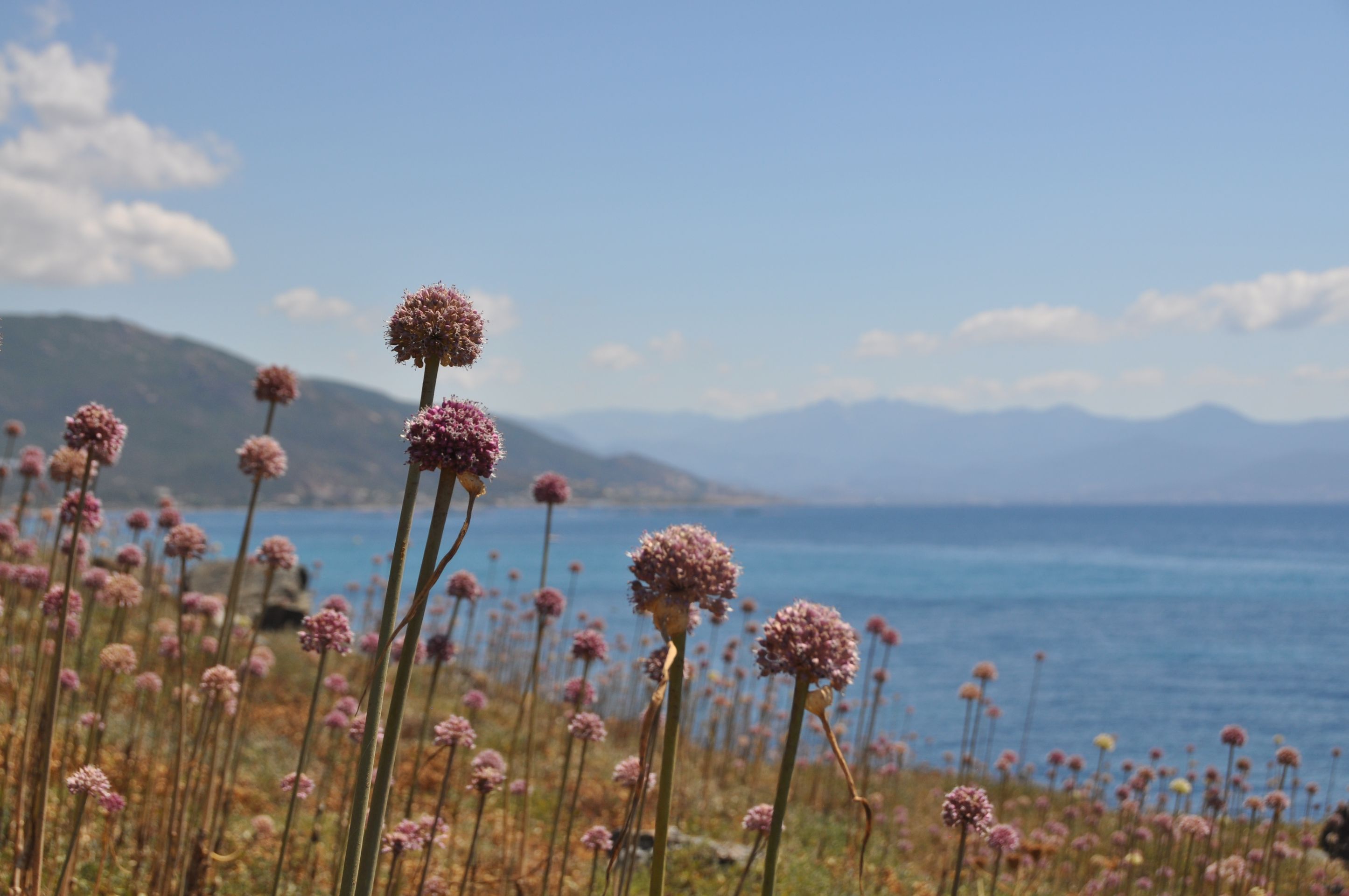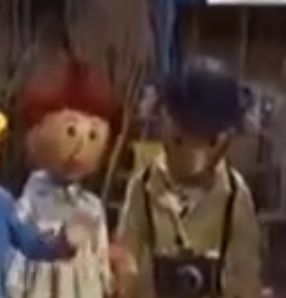Mountains, Sea, Sun, Rain – A City with Many Faces: Vancouver
Atejade: 08.09.2024
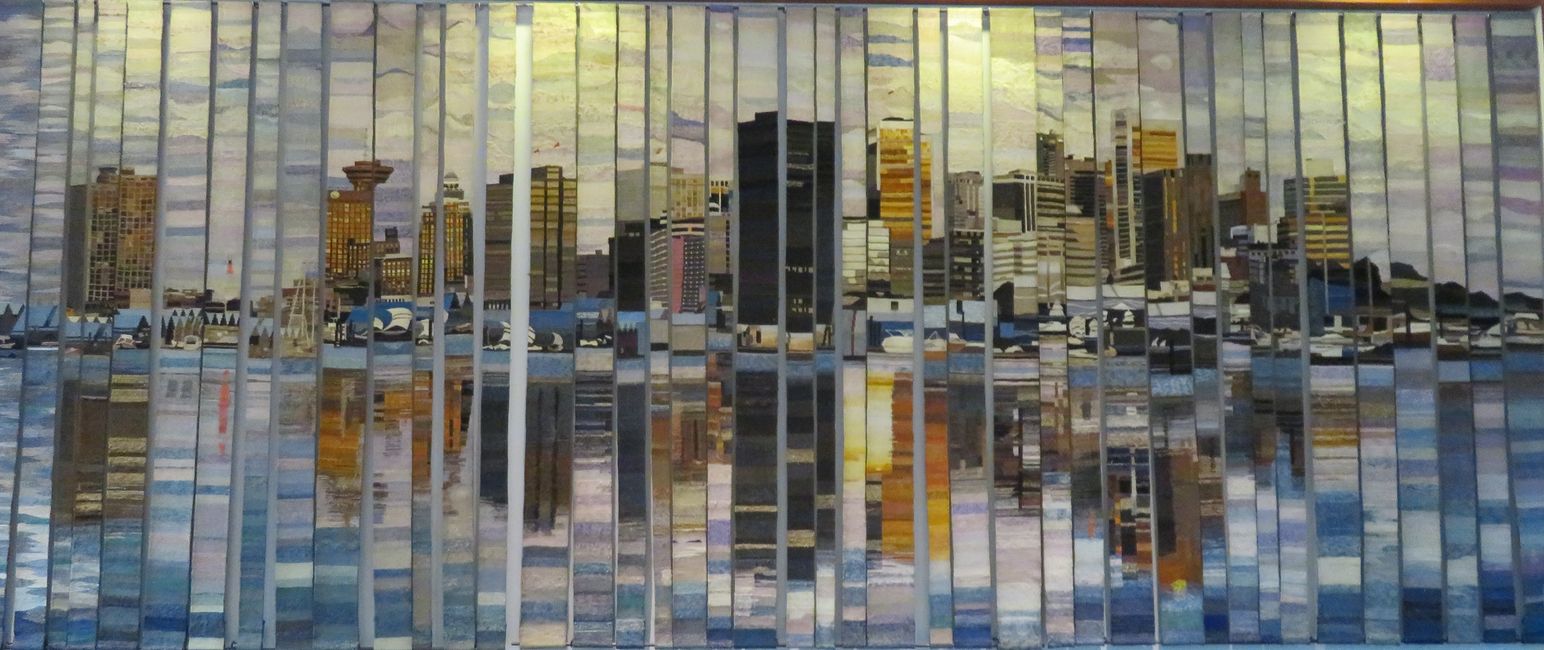
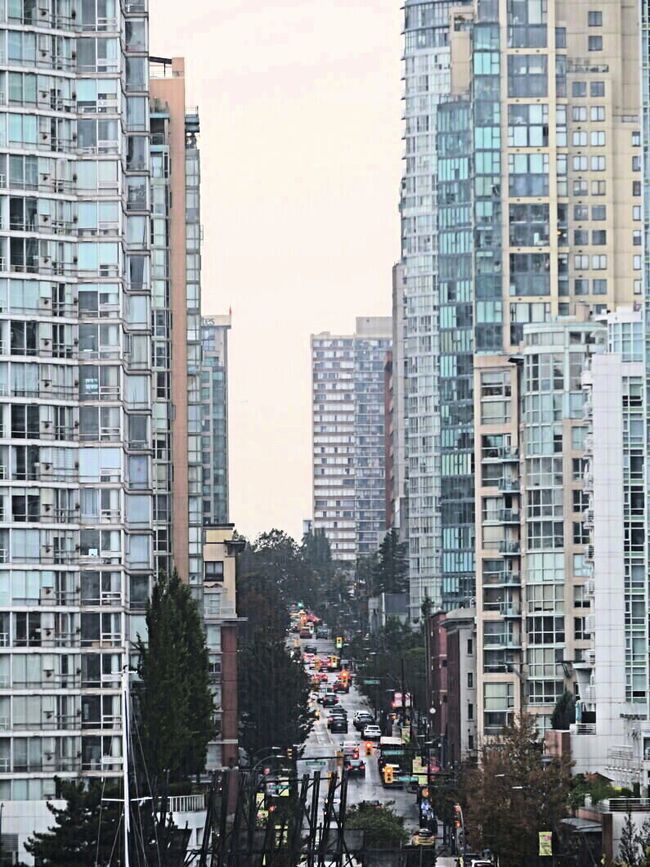
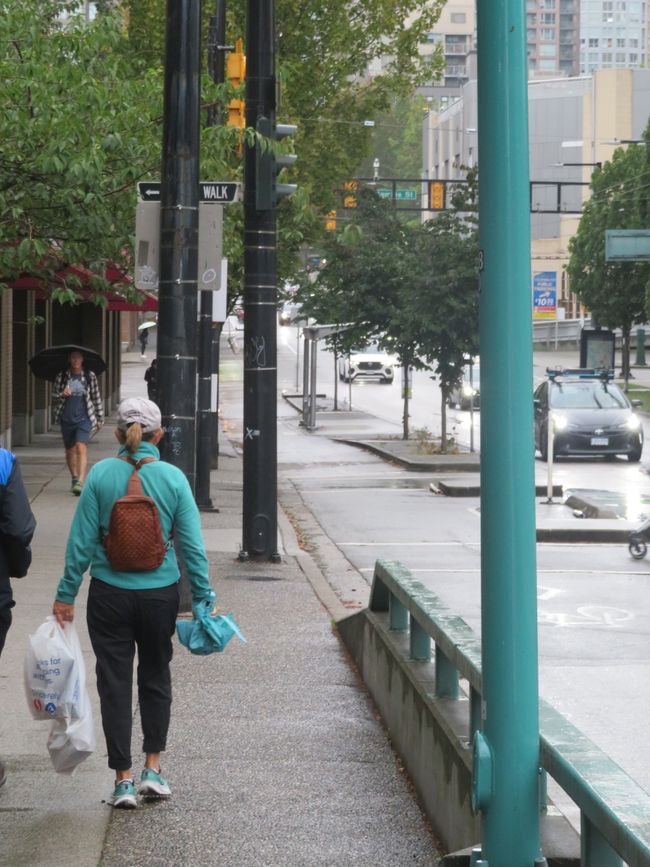
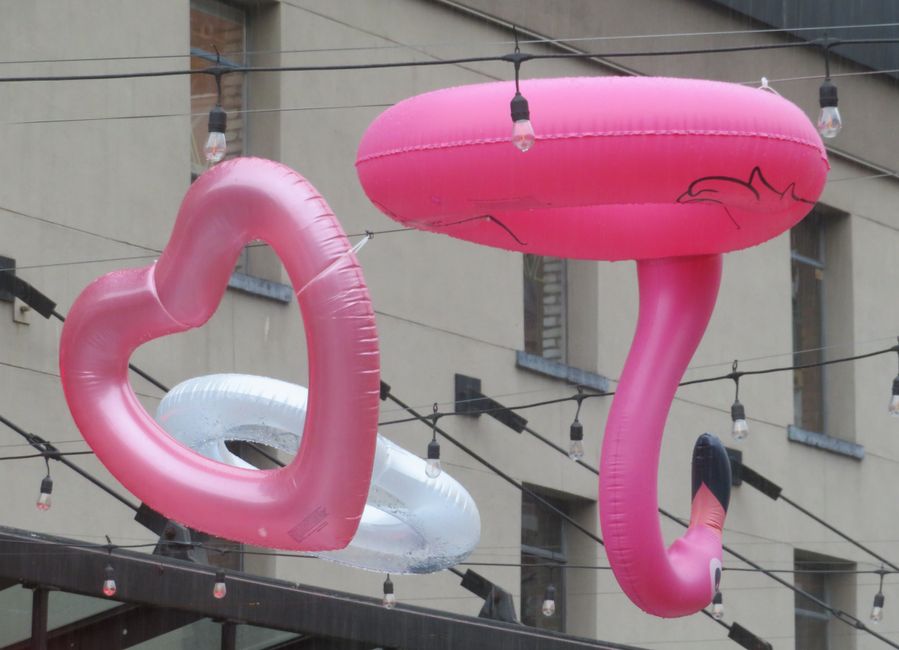
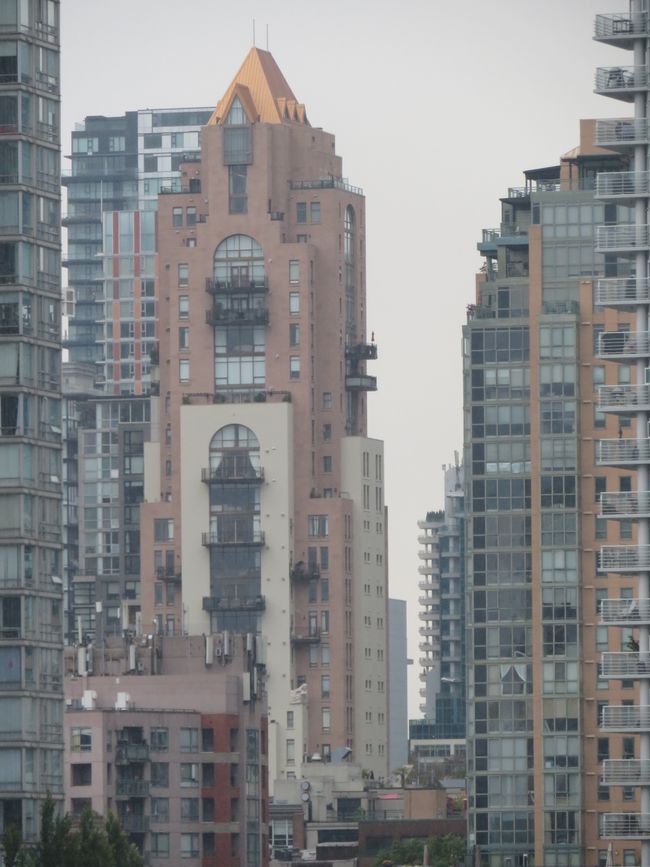
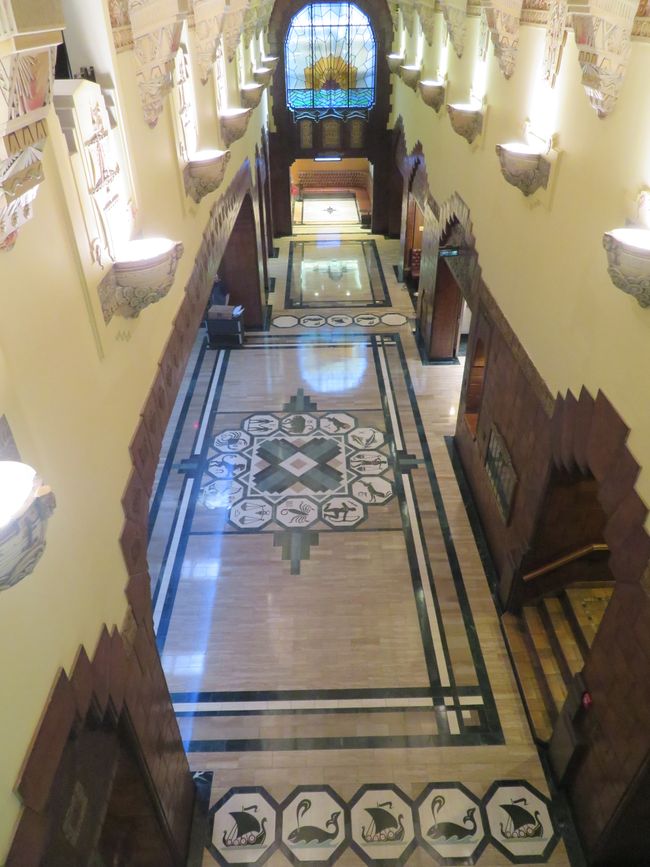
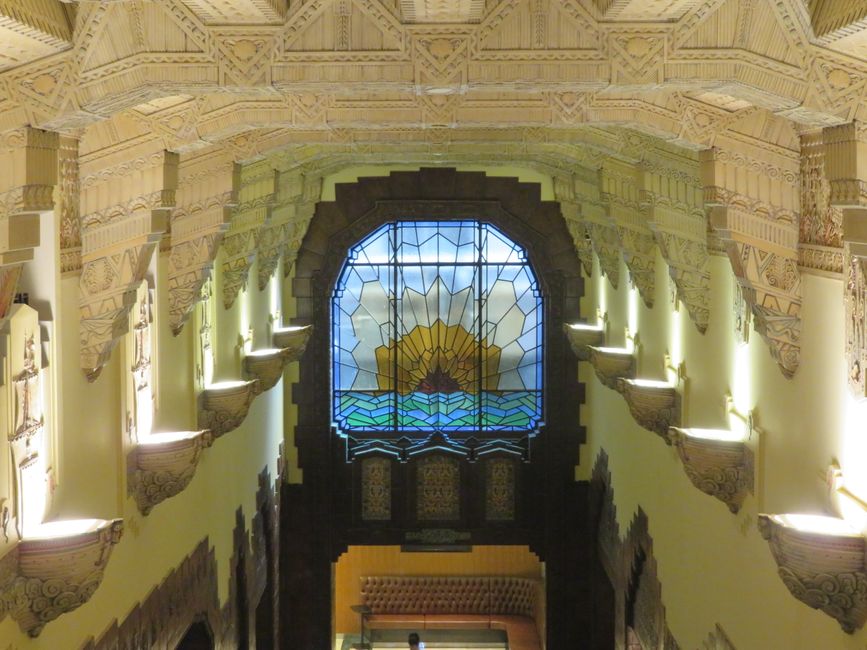
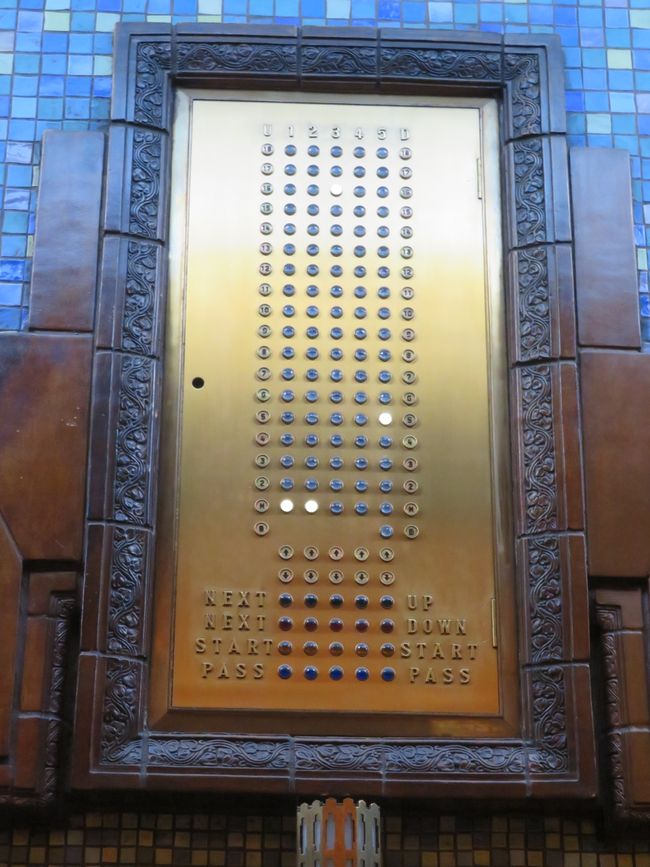
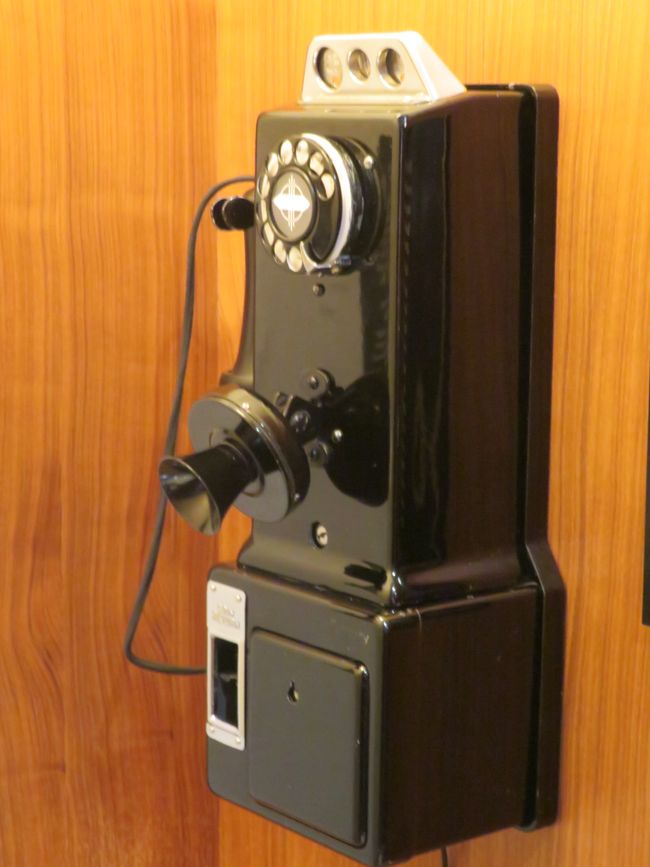
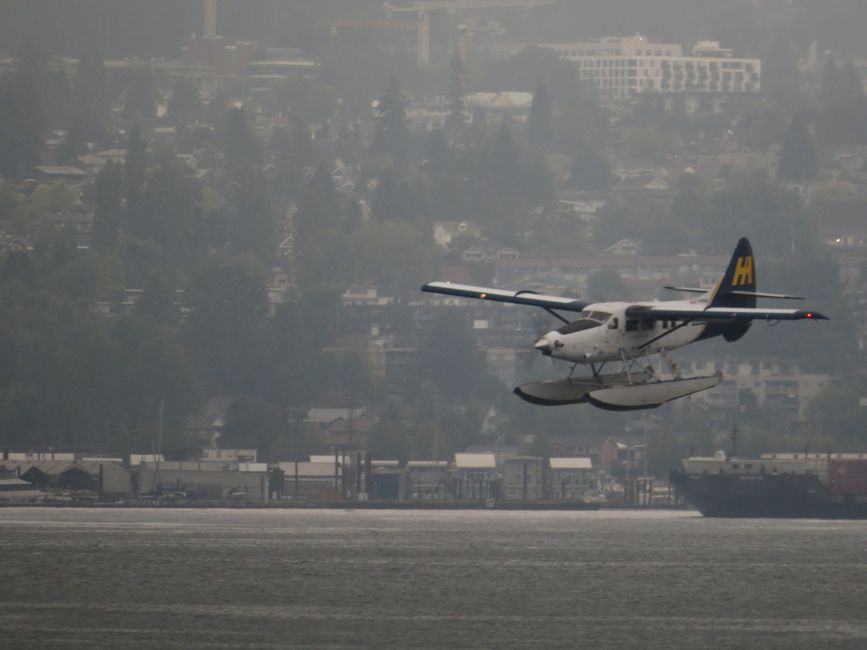
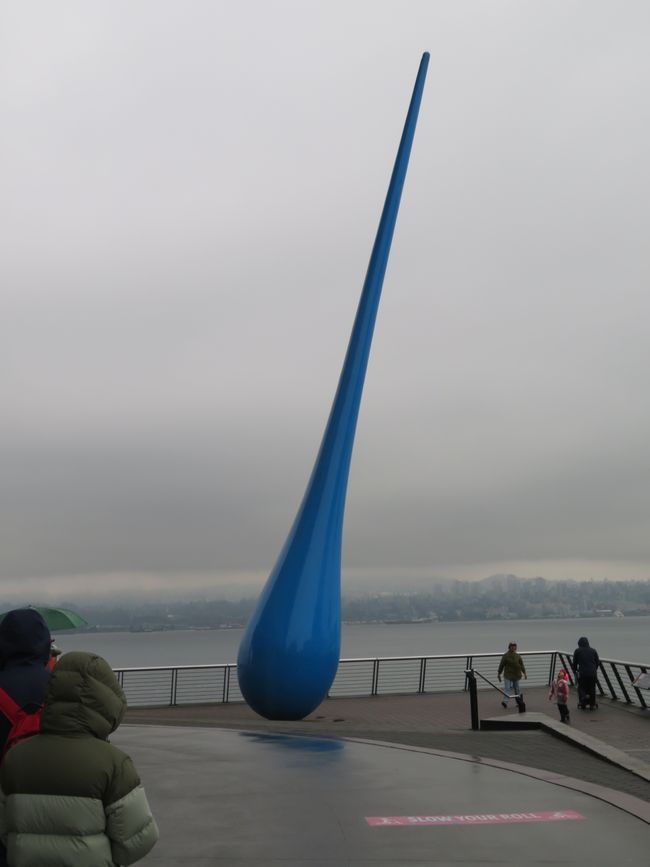
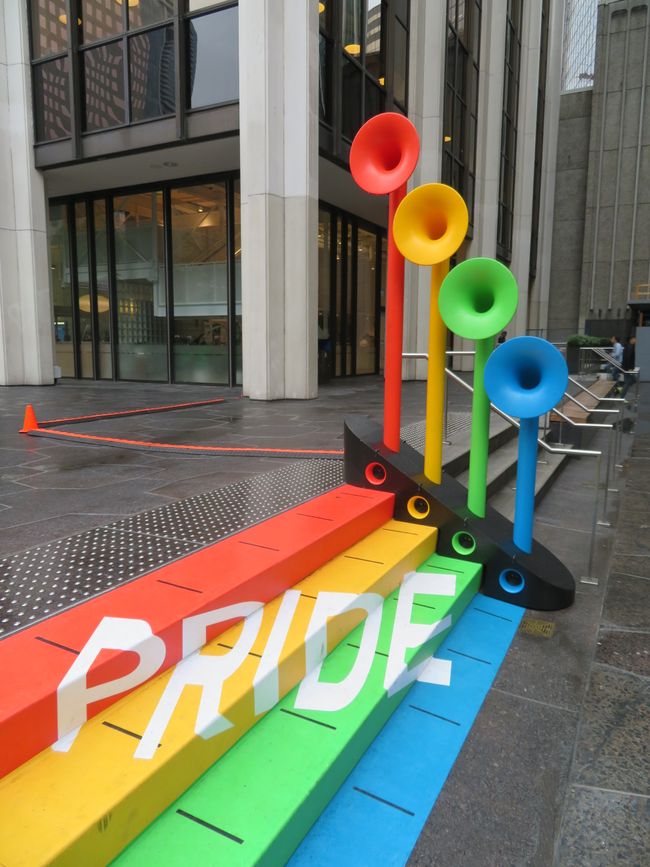
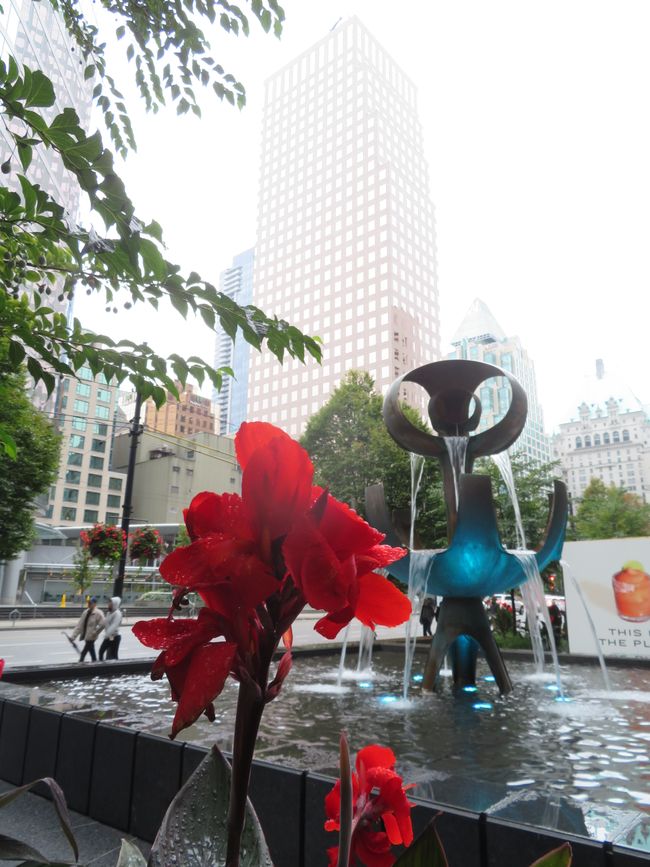
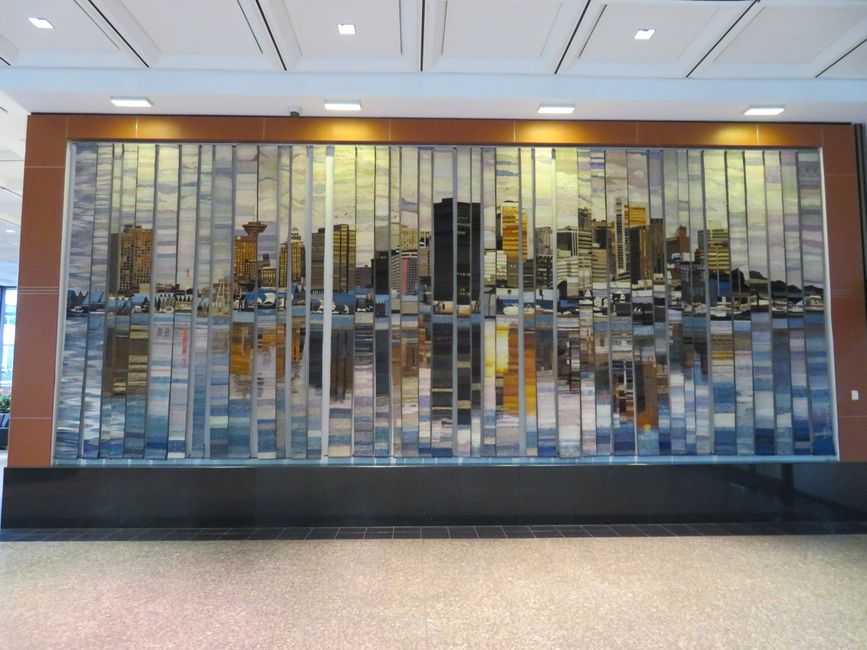
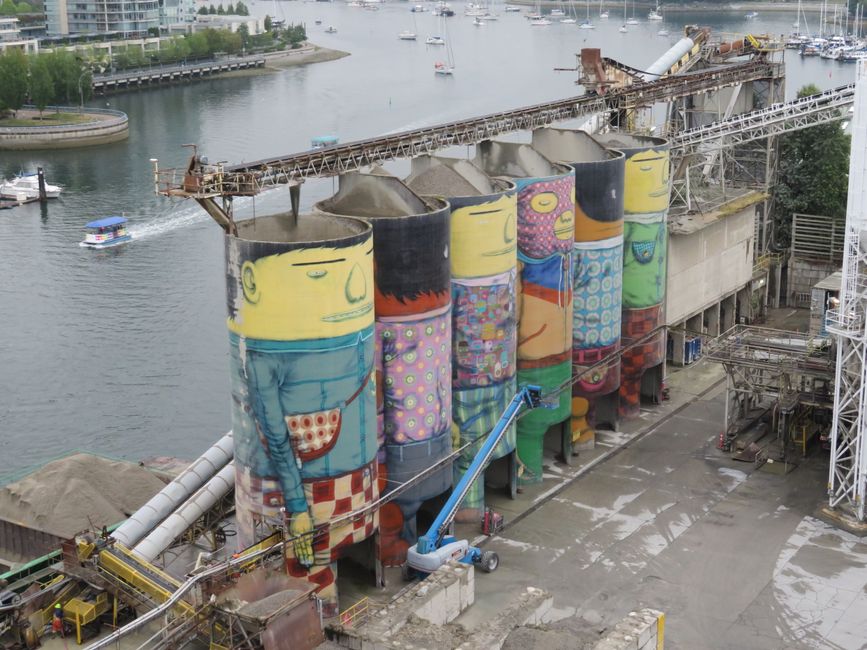
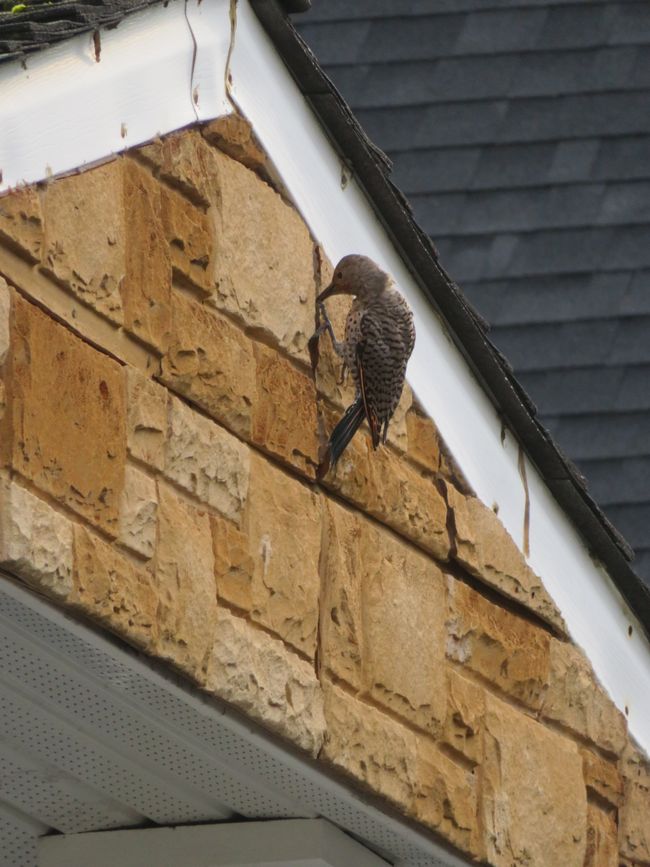
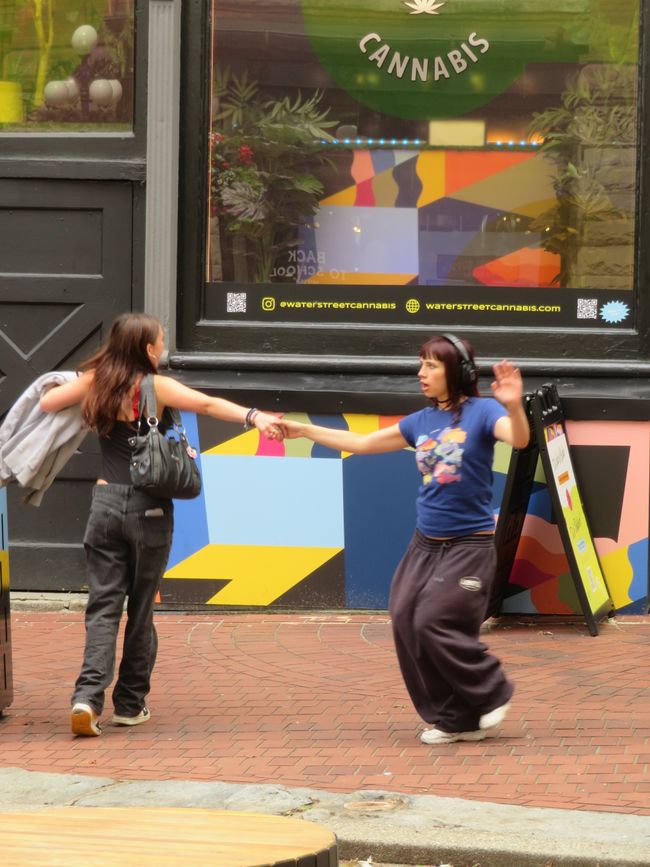
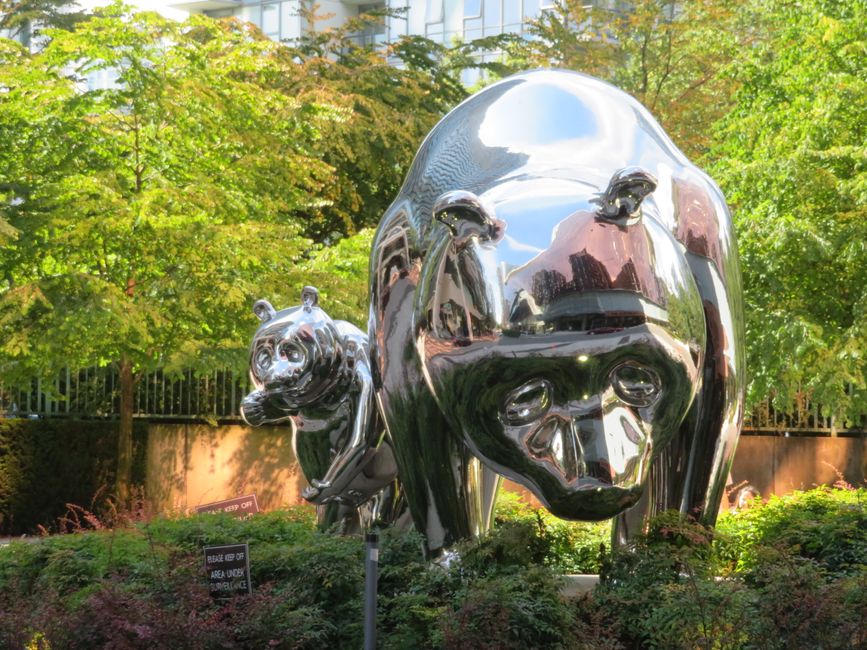
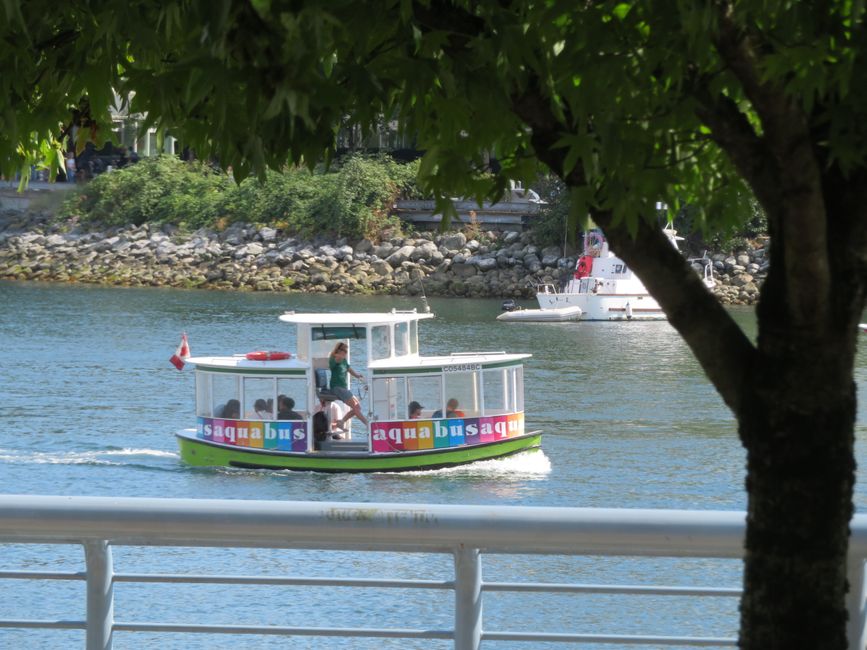
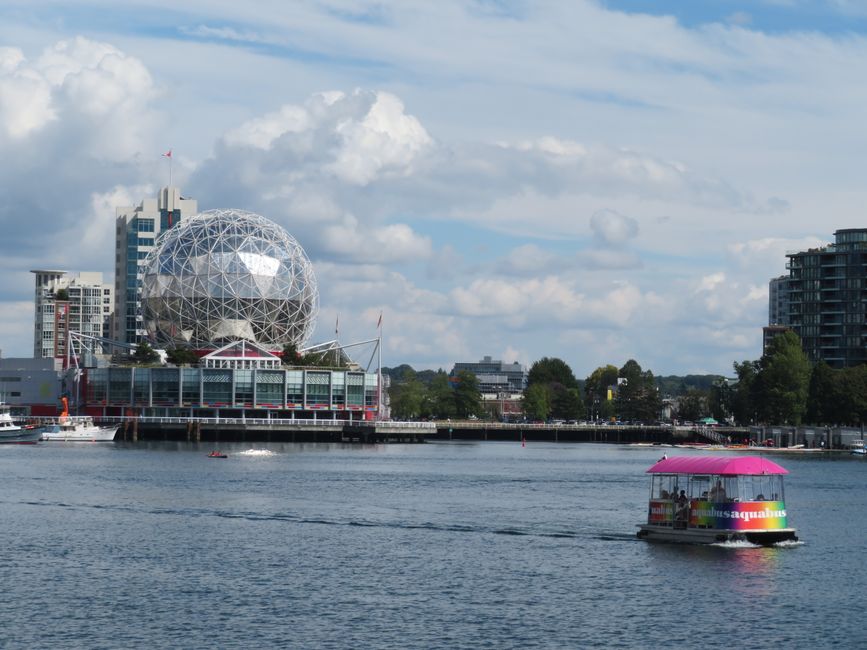
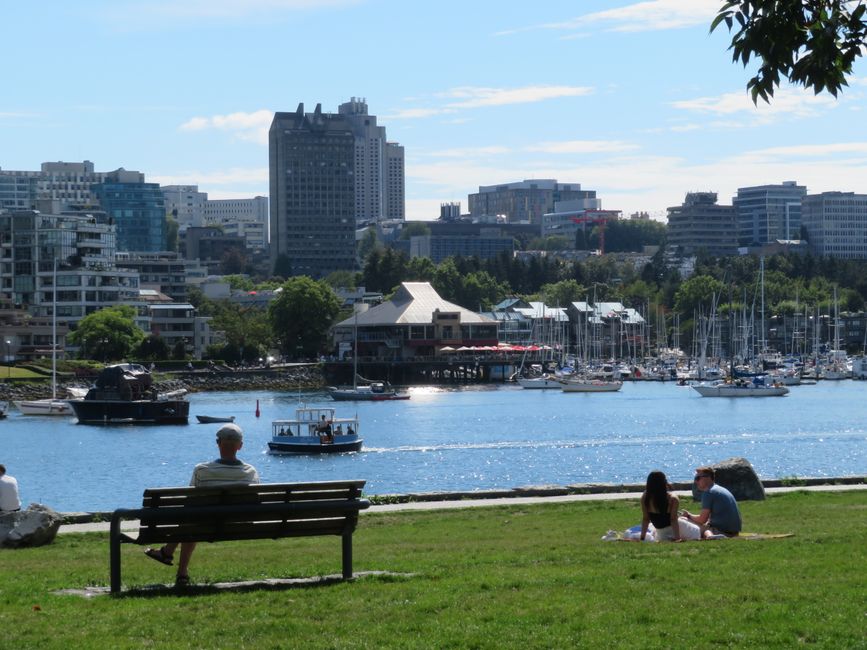
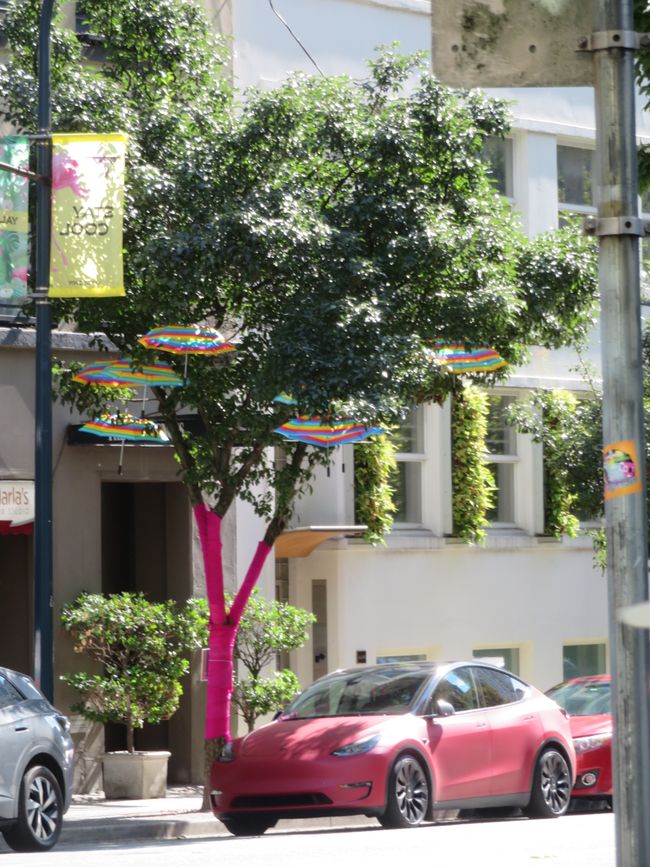
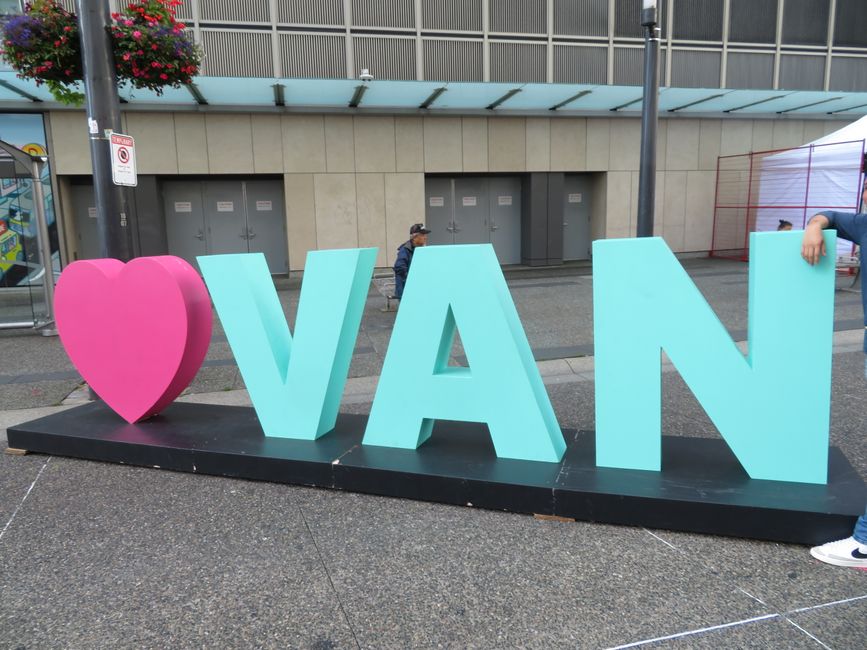
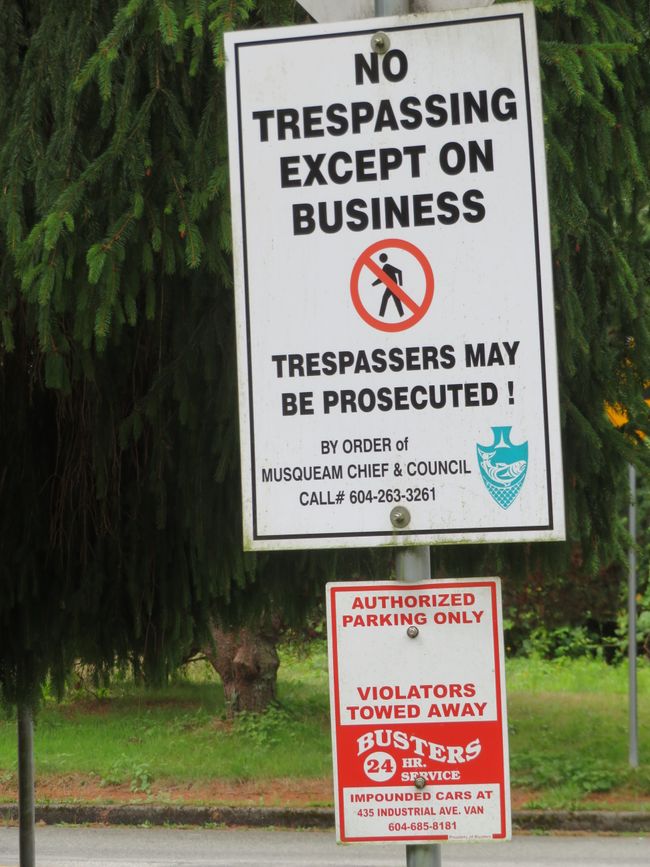
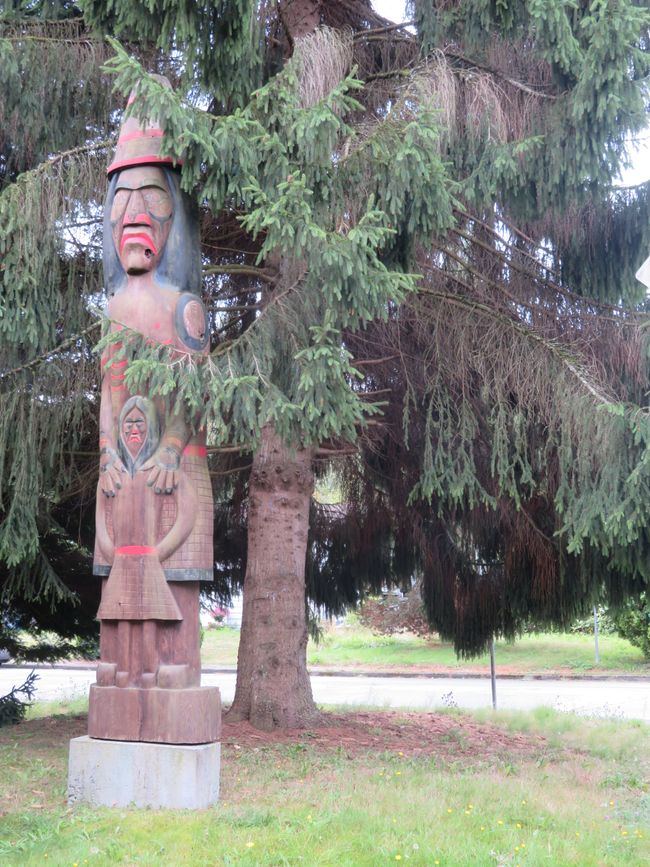
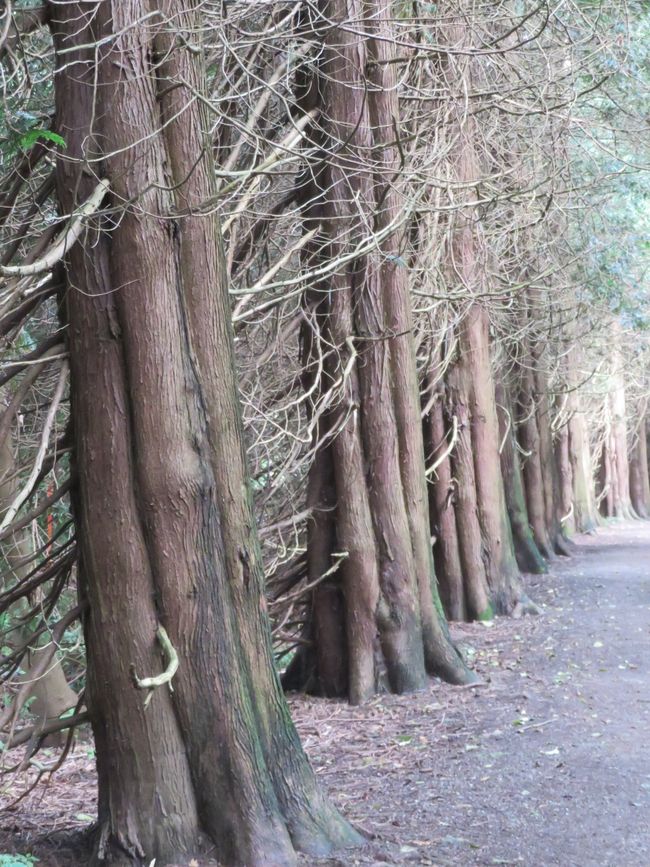
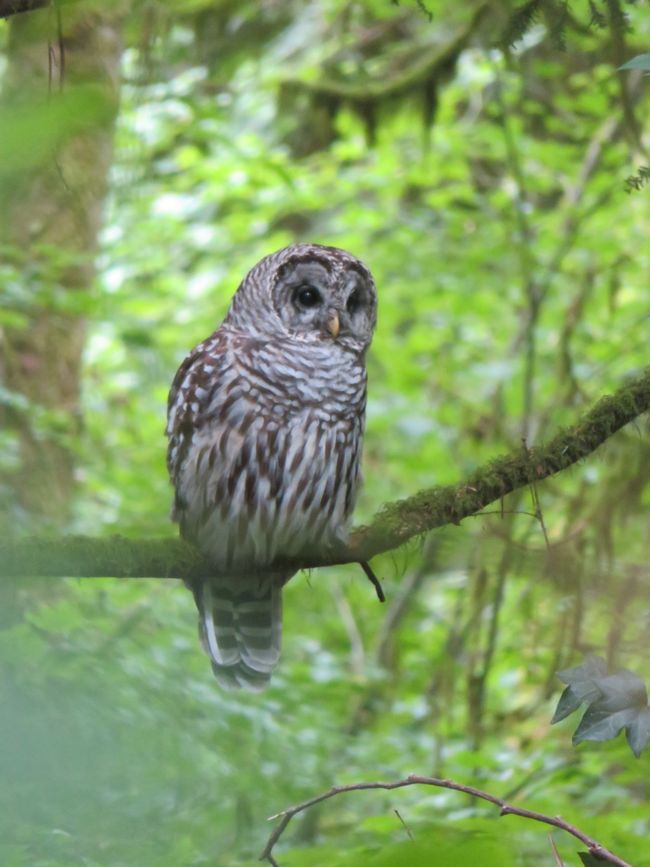
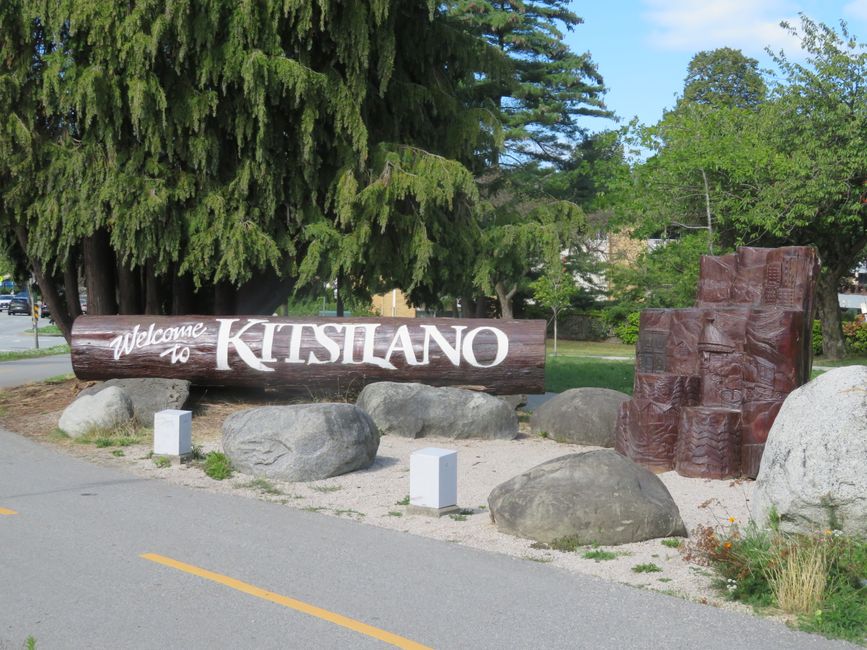
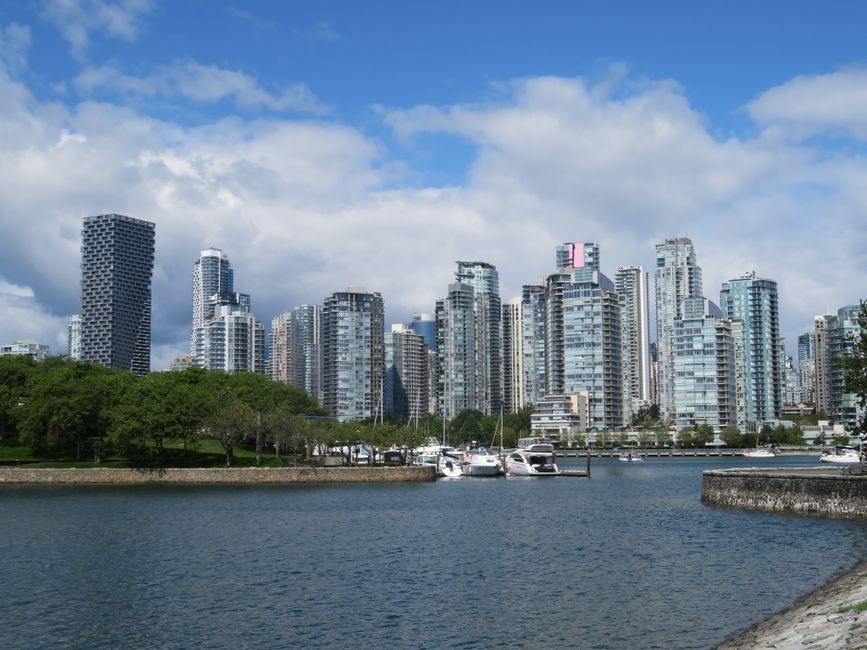
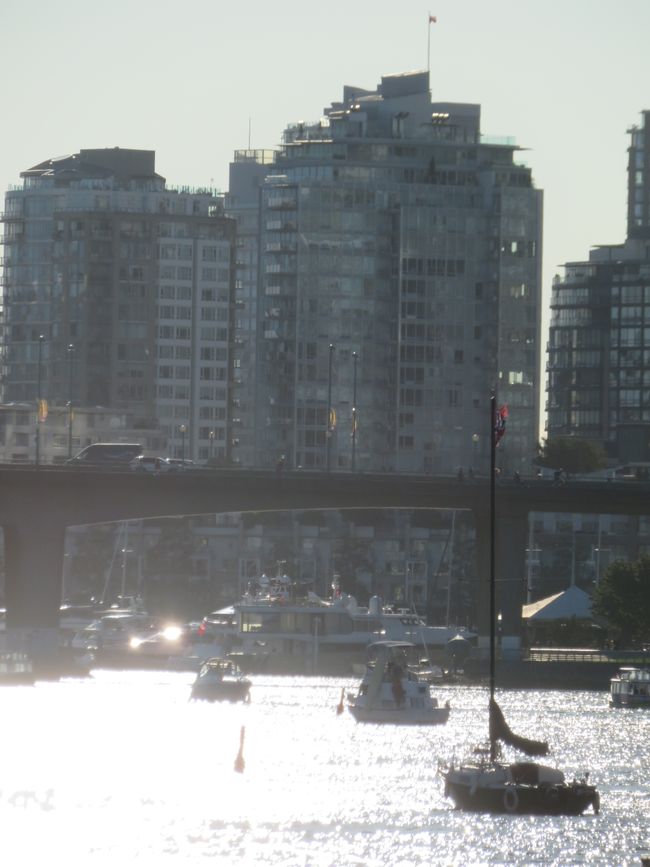
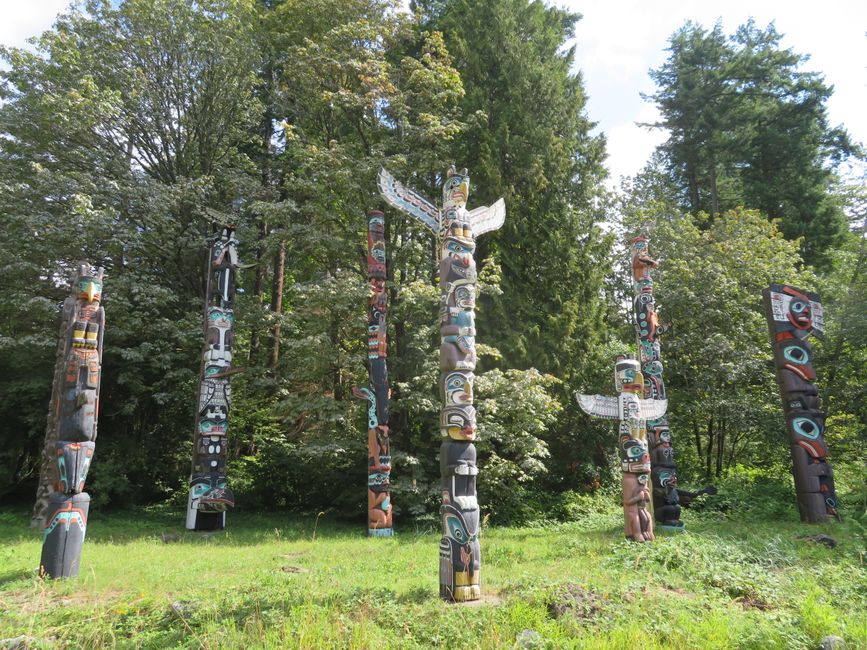
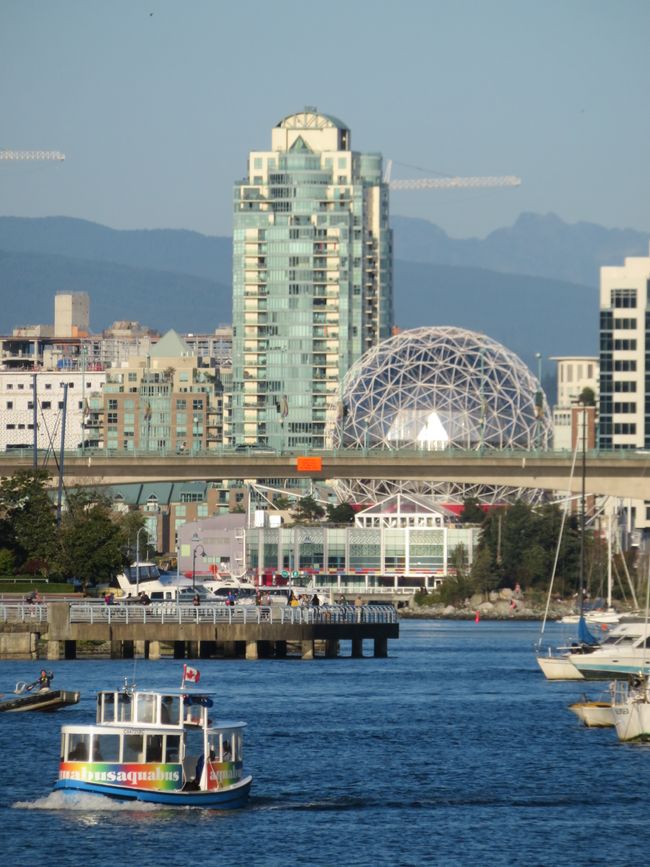
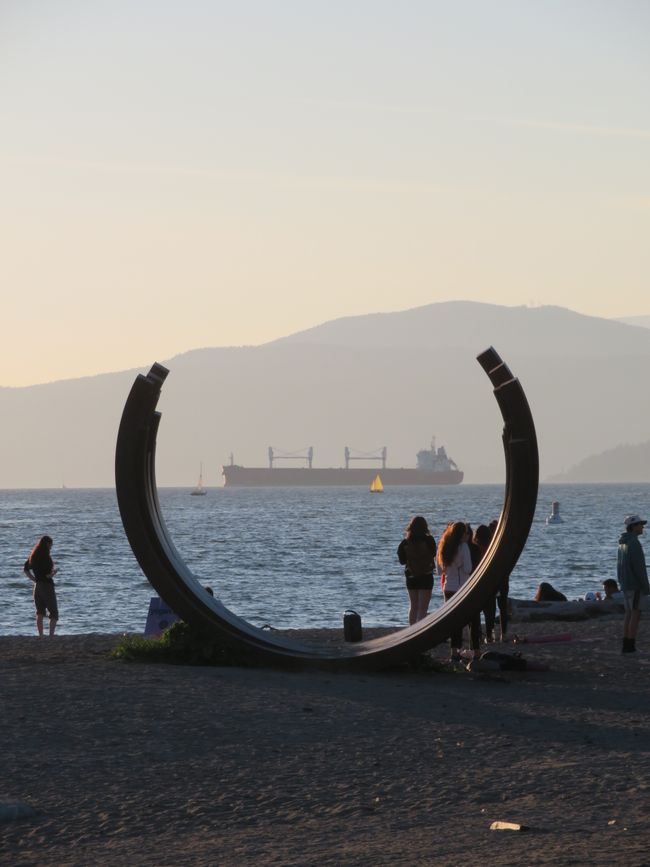
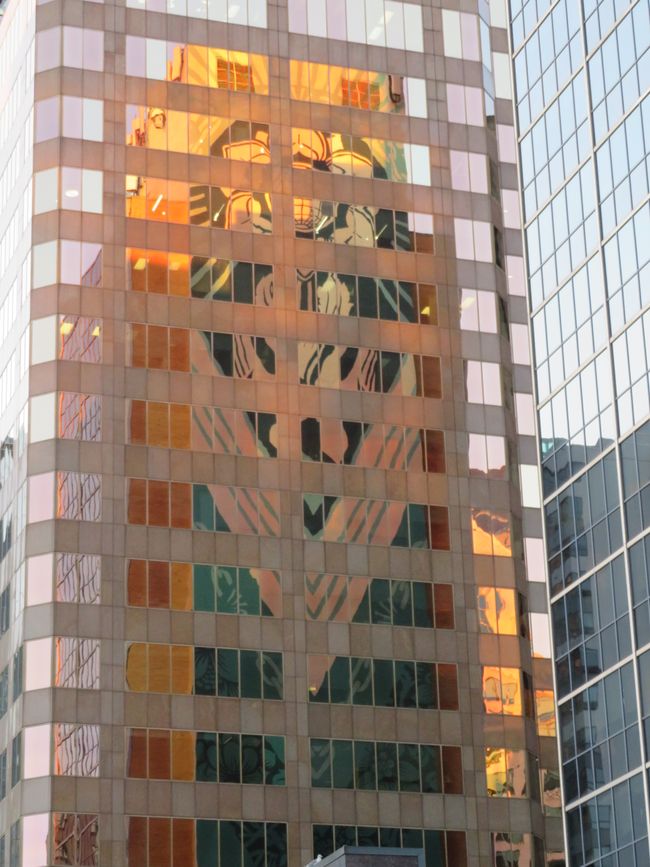
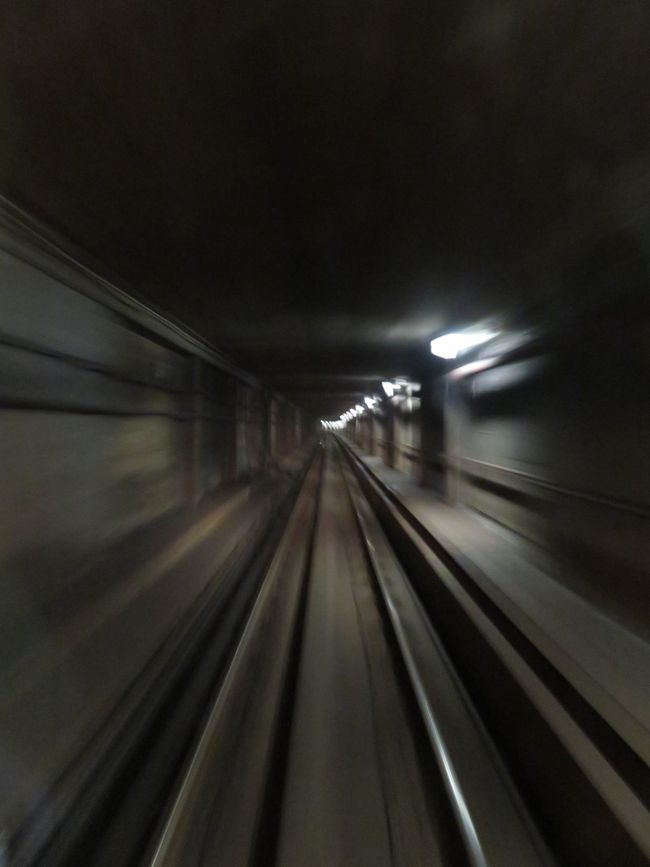
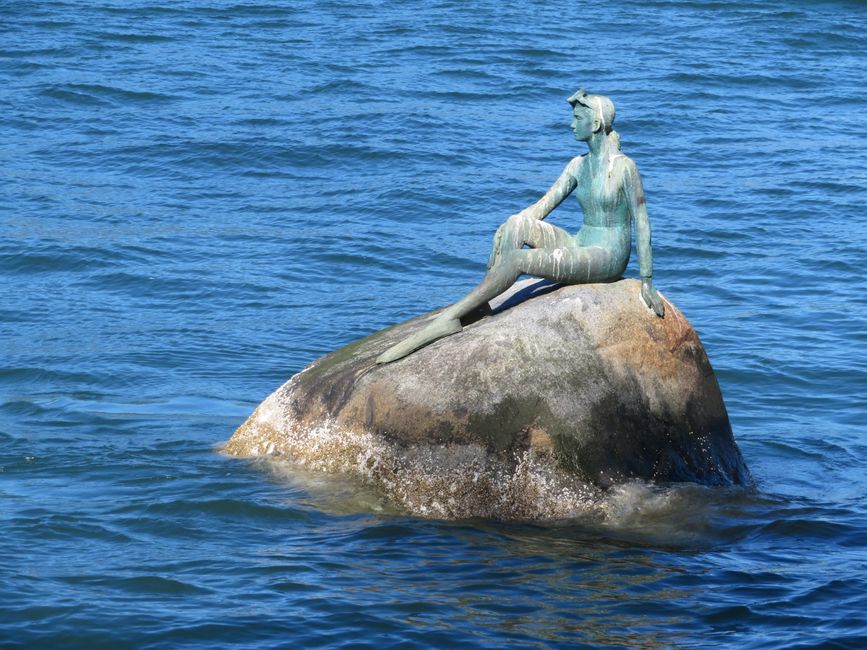
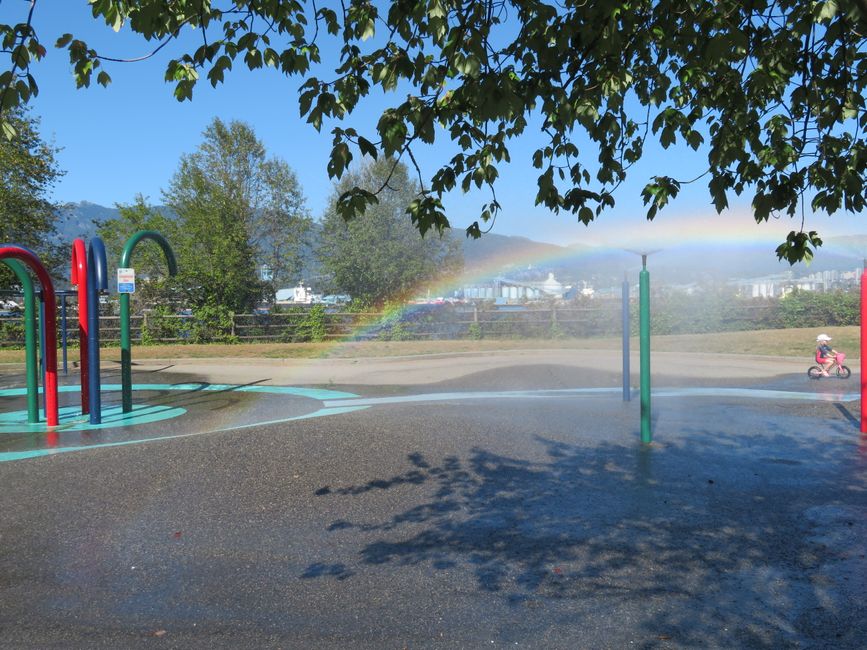
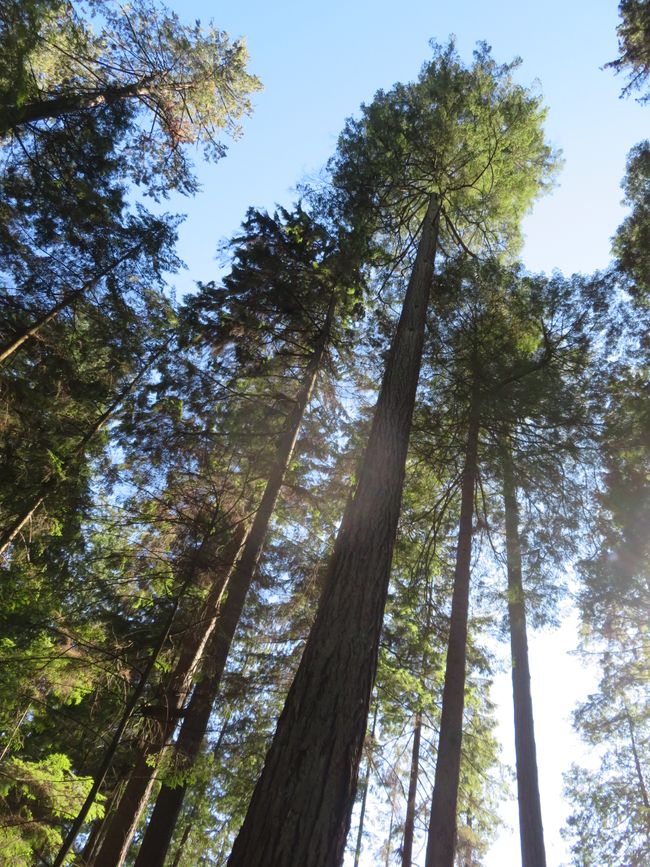
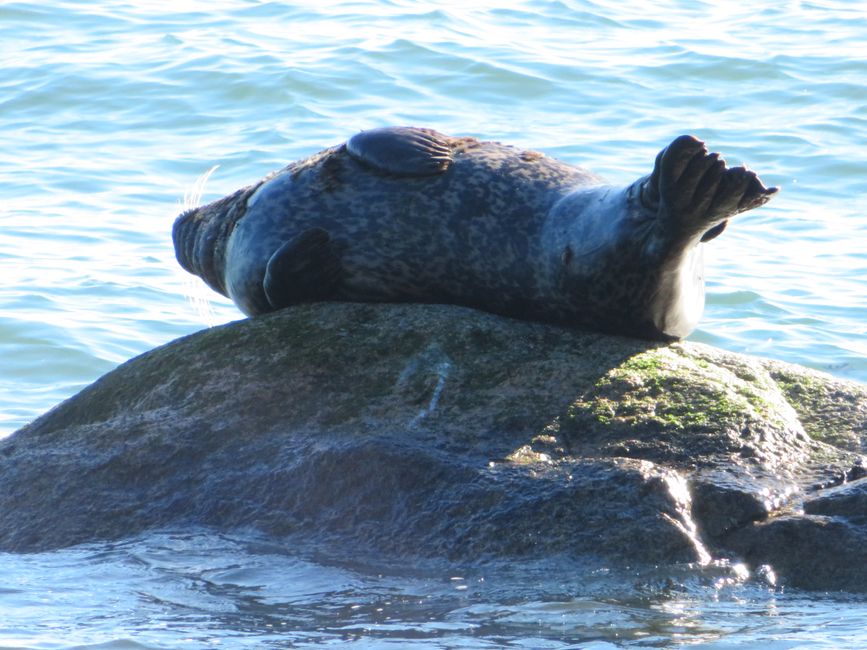
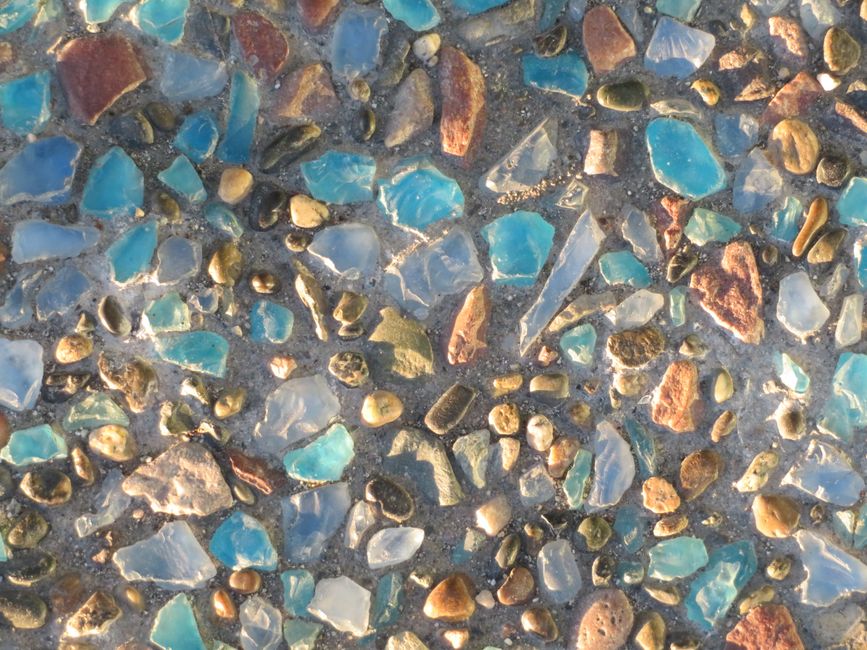
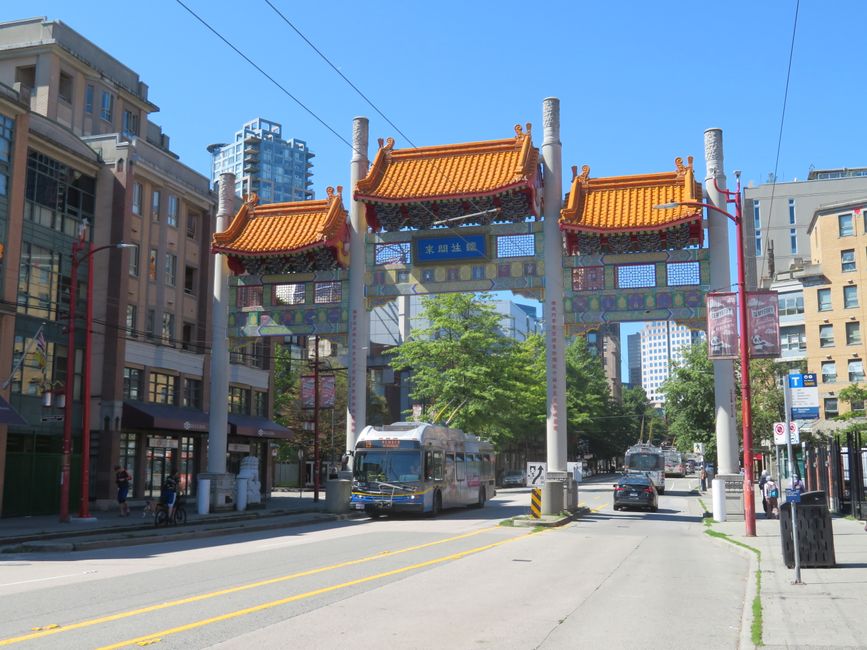
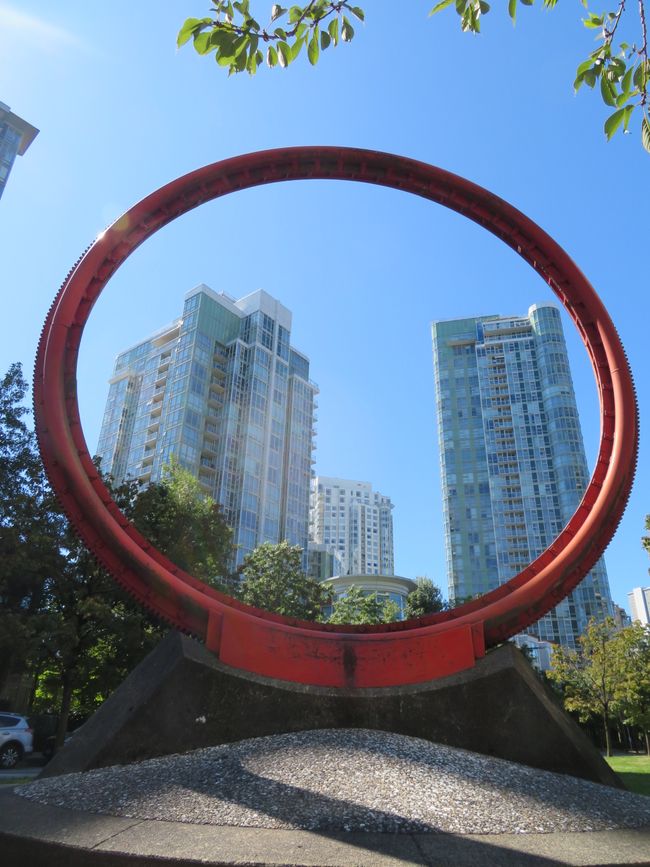
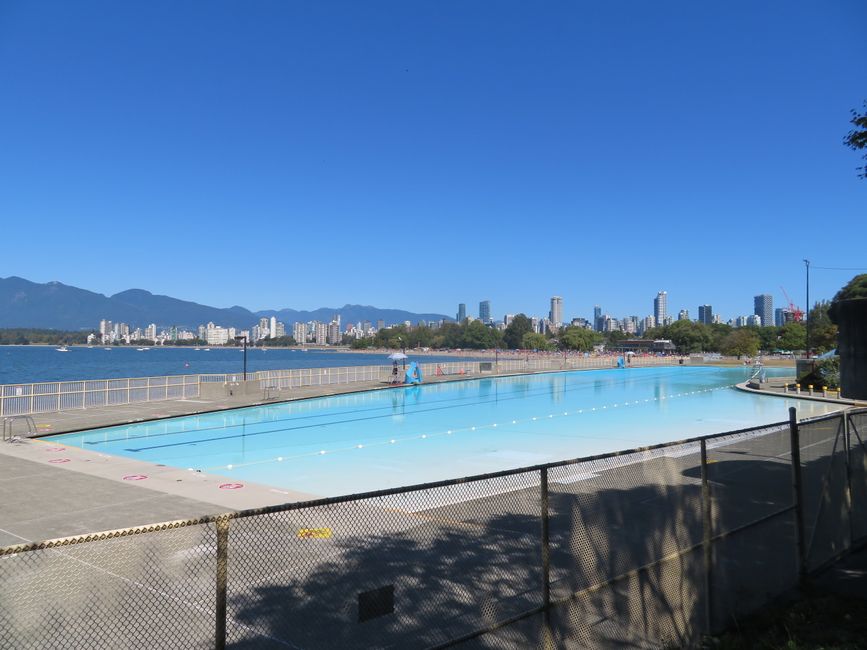
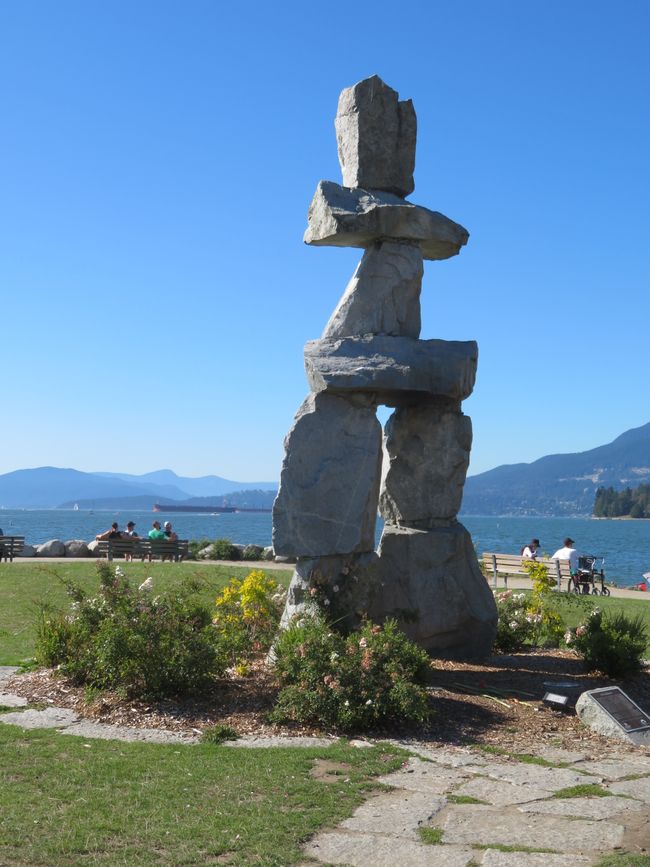
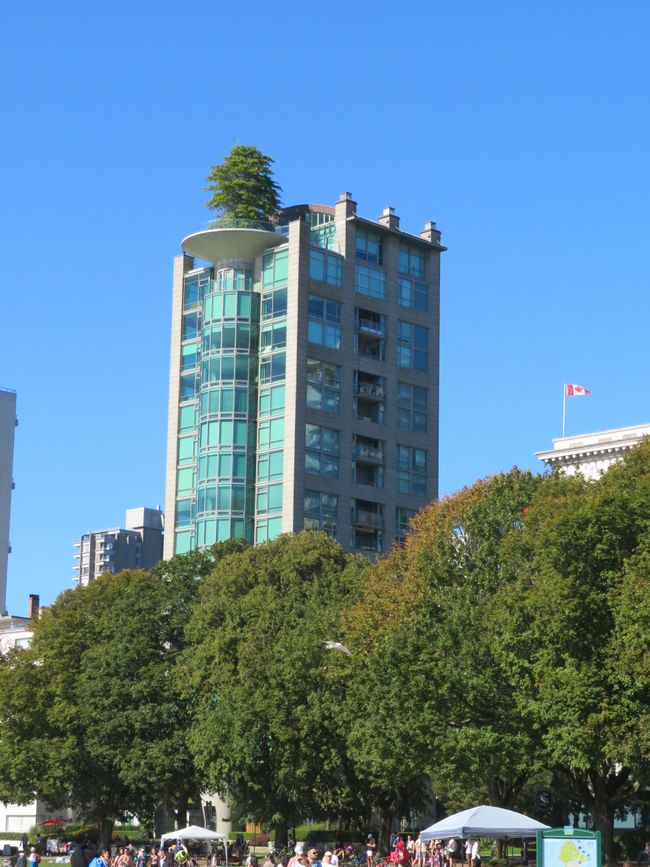
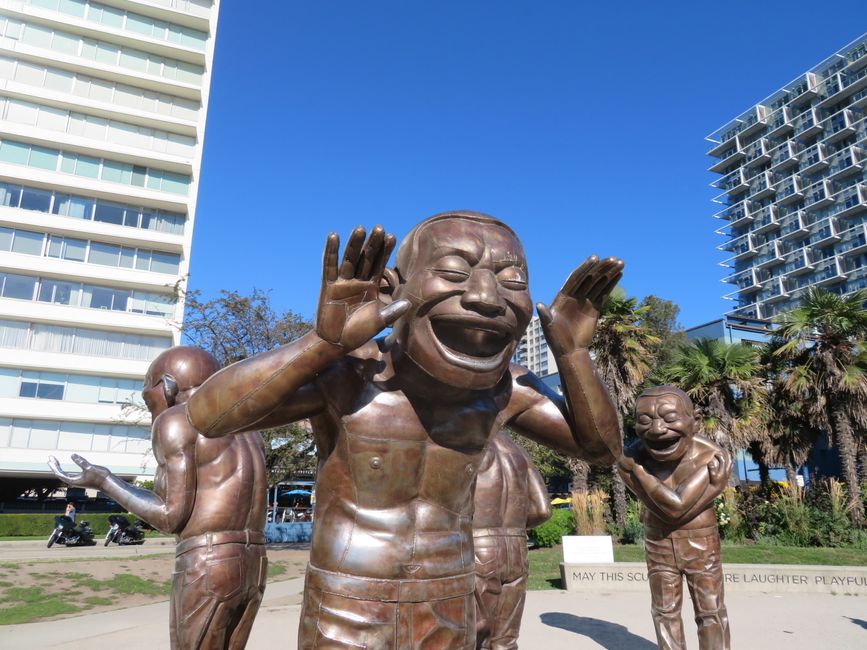
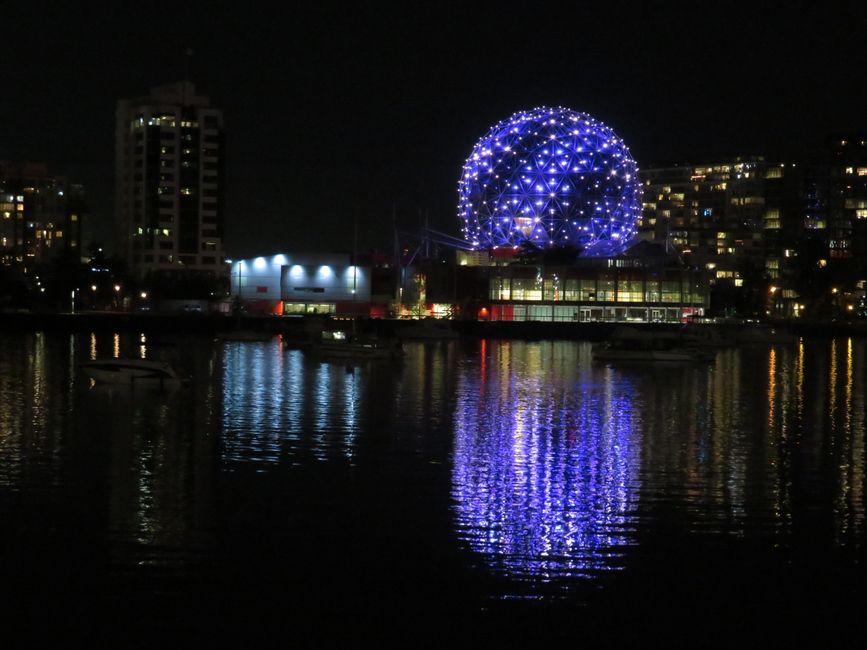
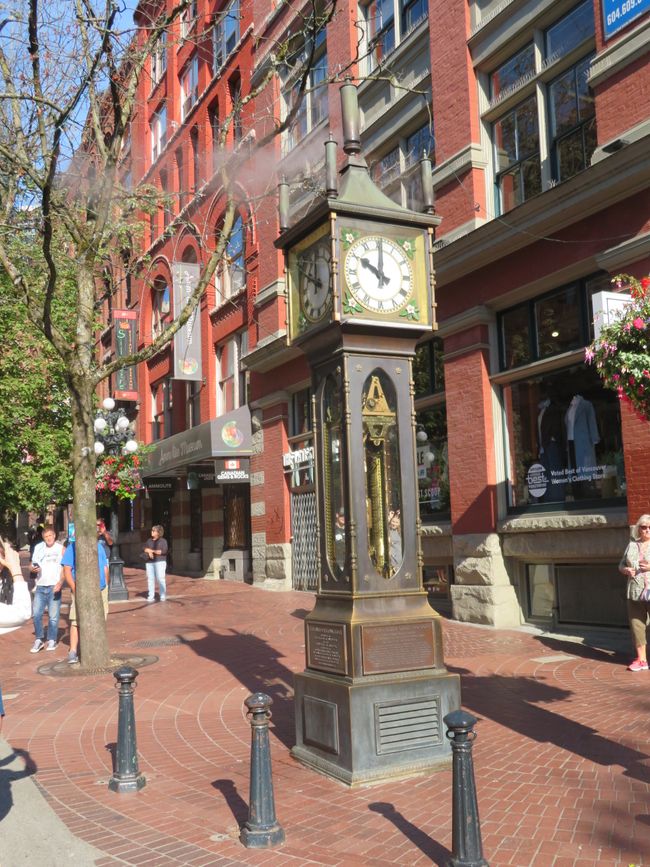
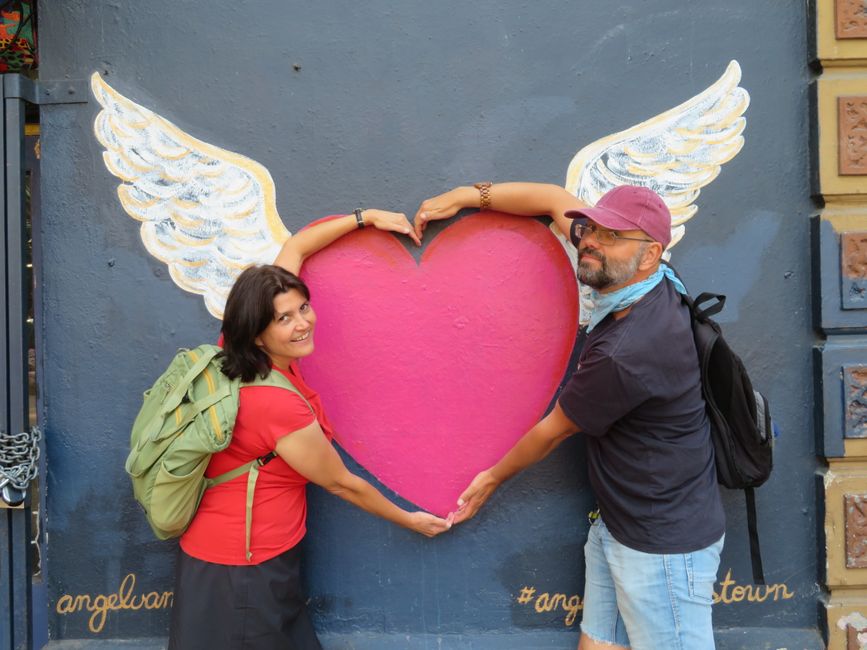
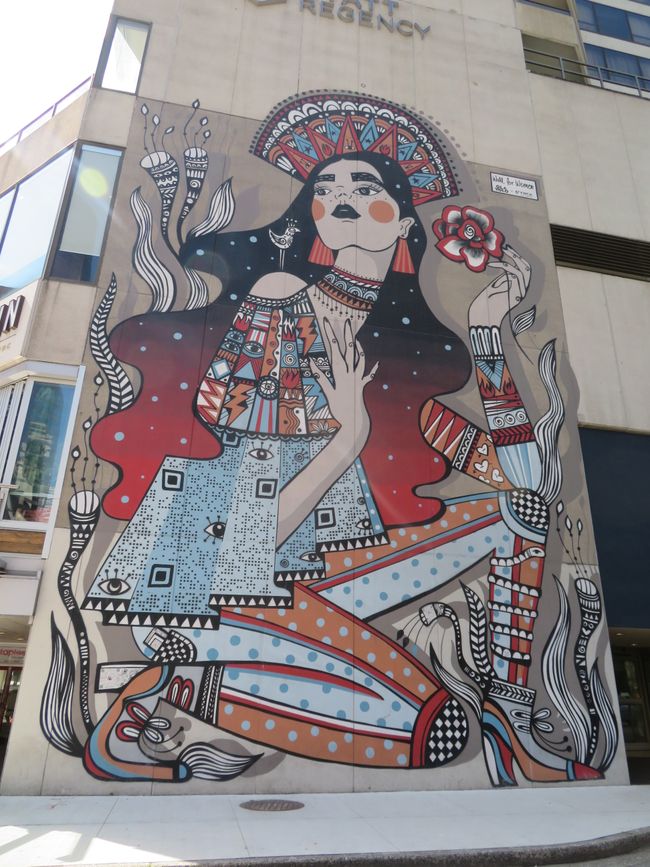
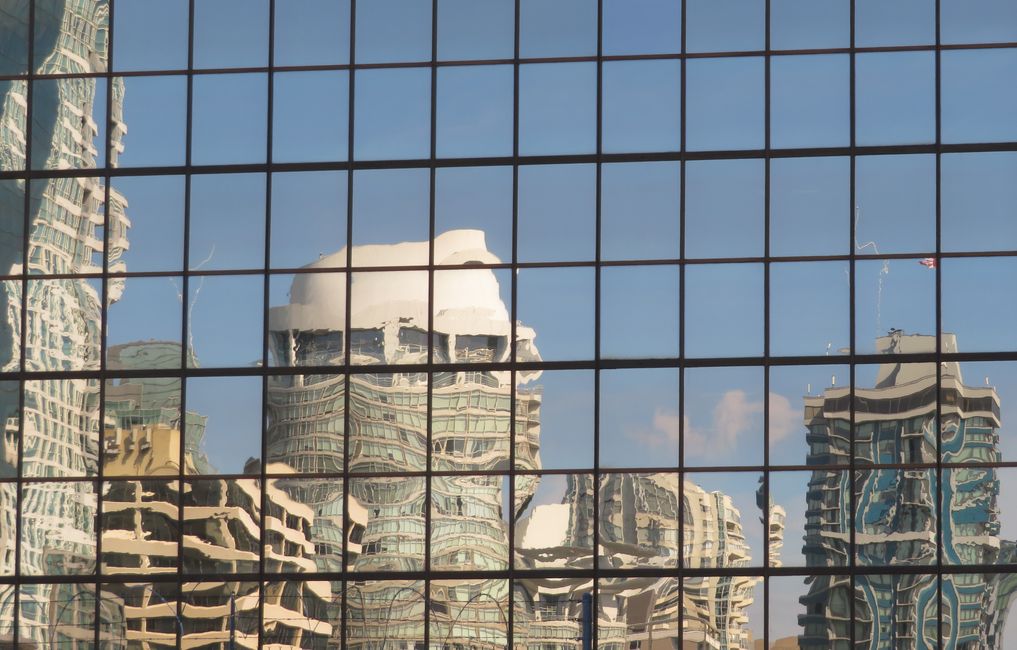
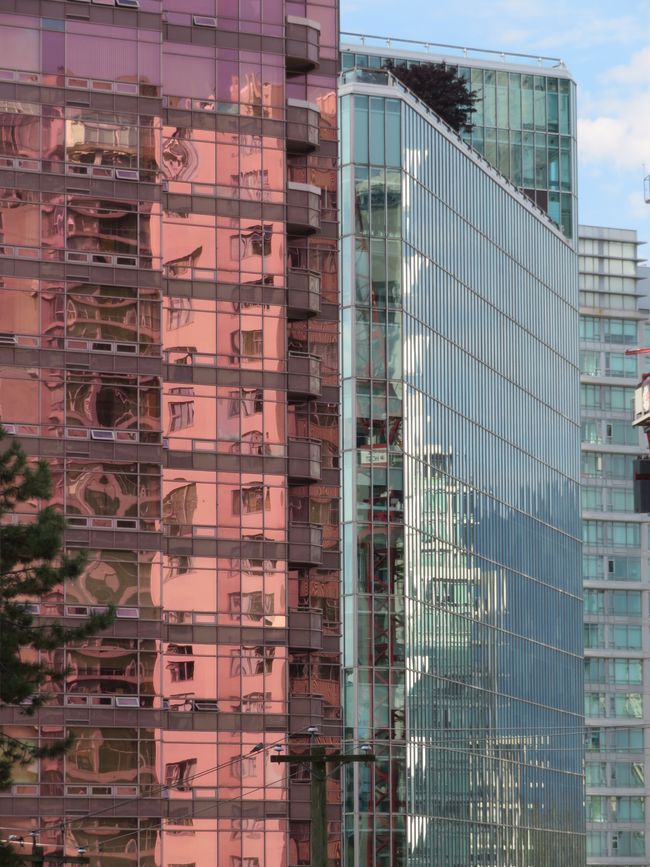
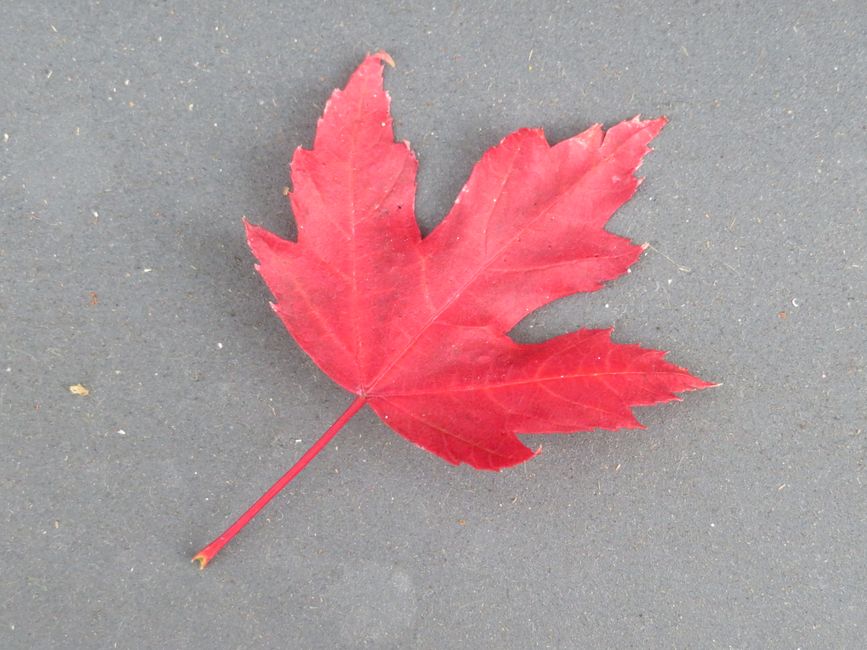
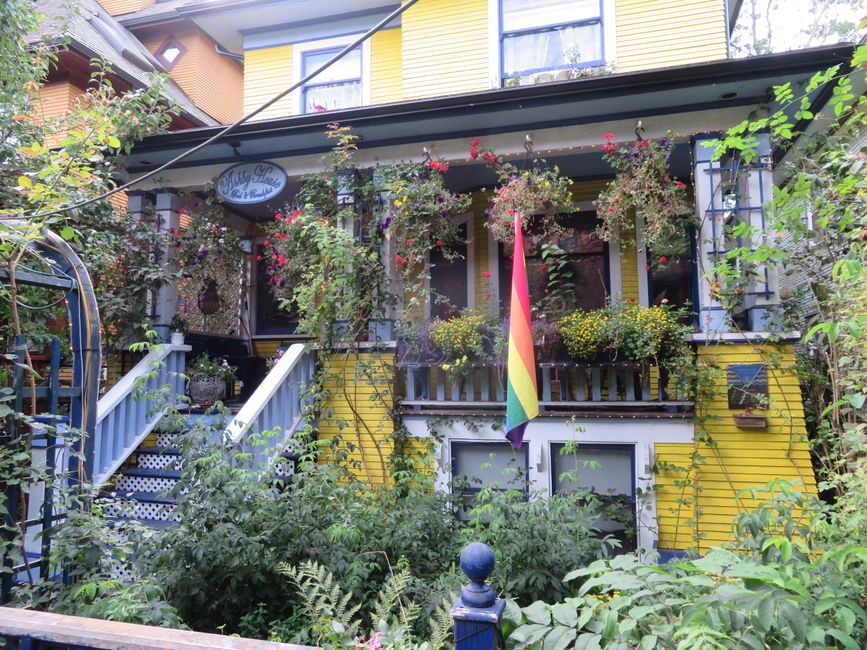
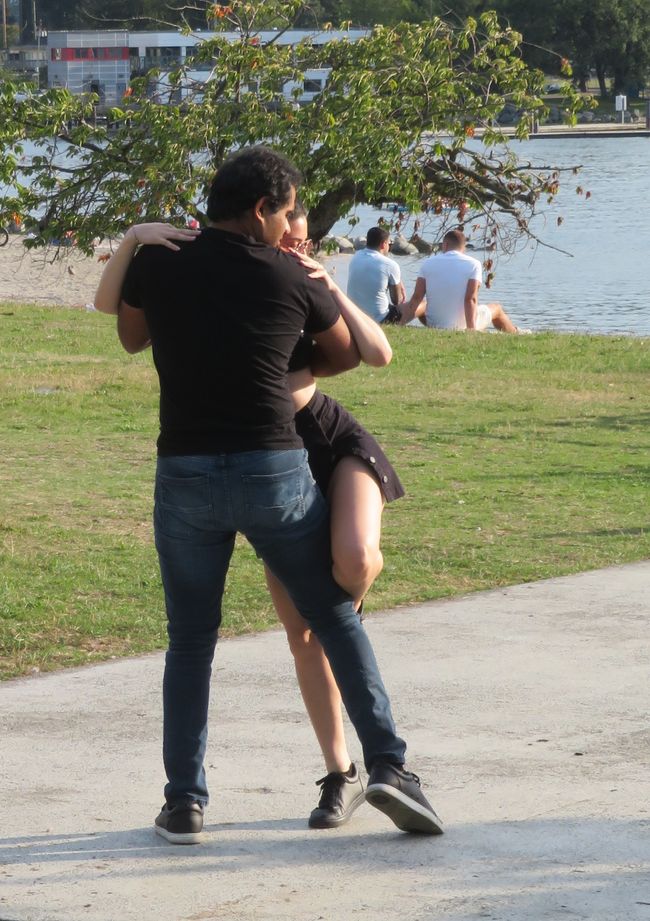
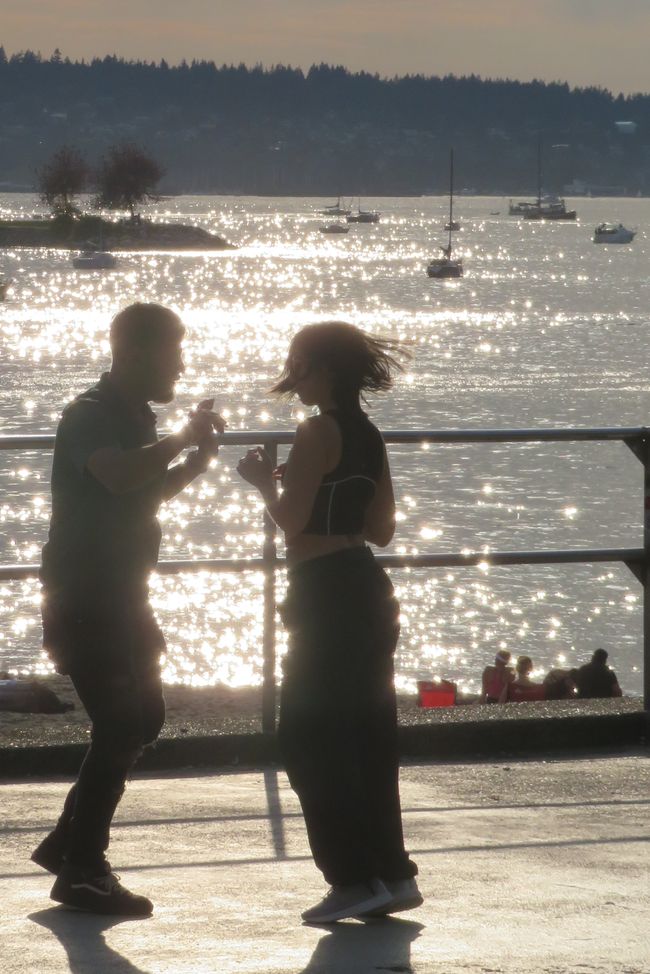
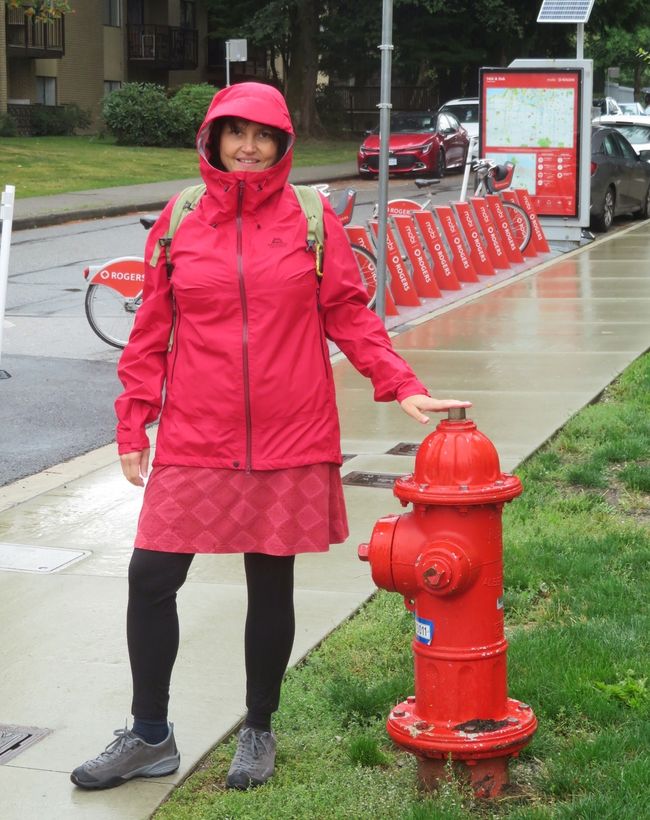
Alabapin si iwe iroyin
Vancouver has many faces: nearly a million if you count just the people, but the city of Vancouver itself is very densely populated, and the surrounding area is no less so. Therefore, it makes more sense to consider the agglomeration of about 3 million as the population figure. The reason not even more people live in Vancouver itself is that the backdrop of the Rocky Mountains should not be obstructed by even taller skyscrapers. Thus, in many places, you see the city either rising before the mountains or behind the water. Vancouver is not only located against the backdrop of the Rocky Mountains but also on the Pacific Ocean and Burrard Inlet – a large fjord that shapes the cityscape and is lined with numerous beautiful sandy beaches.
The many faces of the city are about a third Chinese or sometimes otherwise East Asian. In the satellite city of Surrey, where we spent some time “living” (see the corresponding blog posts), there are many Sikhs. In the park near our residence, we often saw kids playing cricket in the evenings or sometimes an Indian and then a Muslim festival. The park was truly a lovely habitat, always bustling with visitors – predominantly of Indian descent, but also older Chinese women practicing Tai Chi, alongside European-looking punks having picnics with Tupperware.
The cultures do not shy away from each other. During the Muslim festival, Cornhole was played, and you could buy classic Canadian Beaver Tails – a sweet pastry without any real beaver, making it halal. And all over Surrey and Vancouver, you could find East Asian restaurants. So, on the beaches, there were not just the usual fries and burgers, but always ramen (noodle soup) as well. The diverse offerings of East Asian cuisine were a nice change from the variations of wheat flour pastries, cheese (almost always cheddar), and meat piles that prevail everywhere in Canada. And those who eat in Canada should, in our opinion, ignore the fast-food chain Tim Hortons and instead visit the chain Uncle Tetsu for a Matcha Cheese Tart – if it’s not sold out again.
From our residence in the suburb of Surrey, we reached Vancouver aboard the driverless Skytrain. Children especially enjoy sitting in the seat of the absent operator and stepping into their role.
On sunny days, Vancouver is bustling with young, stylish people – in the shops, cafes, on the beaches, and in the many often lovingly landscaped parks. But the city itself is stylish too. Particularly in the center, Vancouver is characterized by a mix of colors: turquoise, mint, teal, seafoam, petrol, jade green, and other variations of the same theme. Even in the pavement, stones in these colors can be found in abundance.
Highlights included the Marine Building in impressive Art Deco style, the over 100-meter long Kitsilano Pool at Kitsilano Beach, and the Stanley Park peninsula with seal sightings and totem poles, as well as the rainforests of the West Coast with their estimated trees reaching heights of 40 meters. Vancouver rightly has the nickname “Raincouver” among locals. The clouds from the Pacific cling to the Rocky Mountains and provide the city with precipitation levels that cannot be matched anywhere in Germany.
Vancouver is a young and chic city that takes the cultural heritage of the First Nations seriously, even if First Nations hardly appear in the cityscape, except for the reserve located in the middle of the city, which is, however, not accessible to non-representatives of the nation. However, we were able to “consume” culture during a visit to “Salmon n’ Bannock,” a very good First Nations restaurant.
Our personal “places where we would live if we moved to Vancouver” were the hip Kitsilano and the alternative queer Davie Town.
One of the many nice people we encountered in Vancouver – as everywhere else in Canada – lives near Kitsilano (“Kit”). She is a friend of a friend from Germany, who moved to Canada ten years ago and who selflessly helped us with several matters – she deservedly received her citizenship as an exceptionally nice and helpful person, as she showed complete assimilation.
The kindness and helpfulness of people can rarely be captured in pictures, but hopefully, the photos accompanying this article convey something of the scenic beauty of this city.
Alabapin si iwe iroyin
Idahun
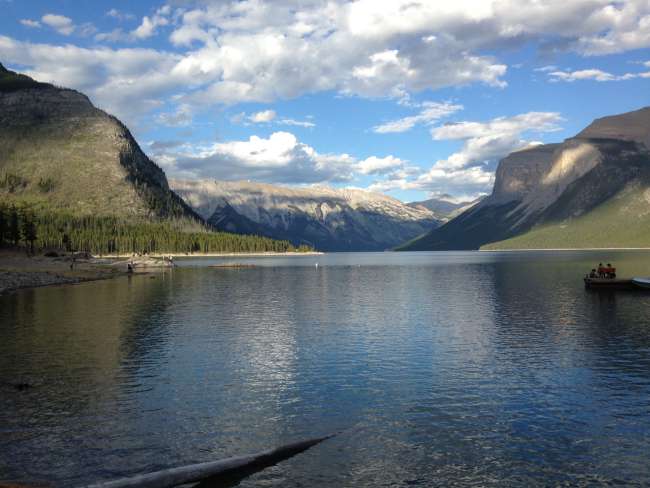
Awọn ijabọ irin-ajo Canada
